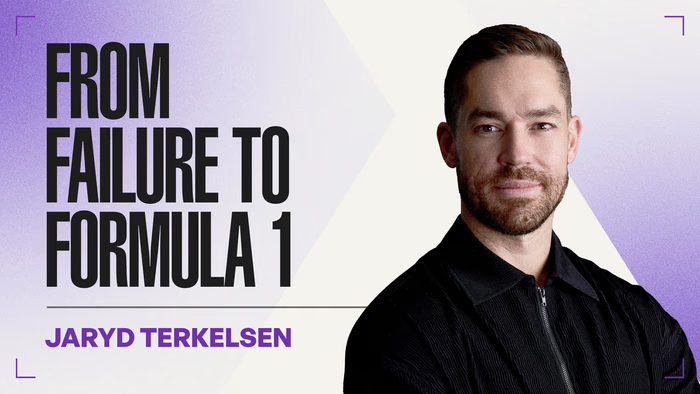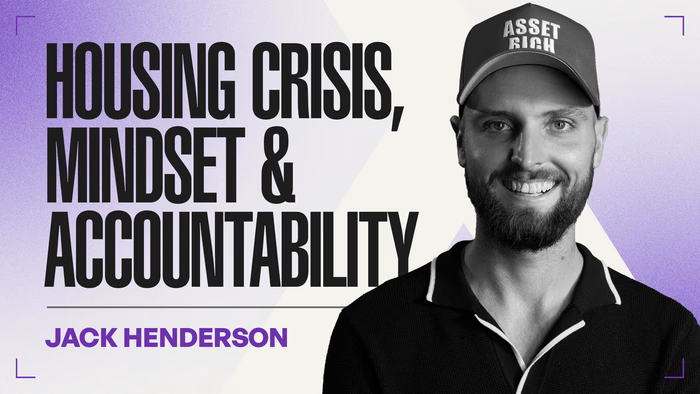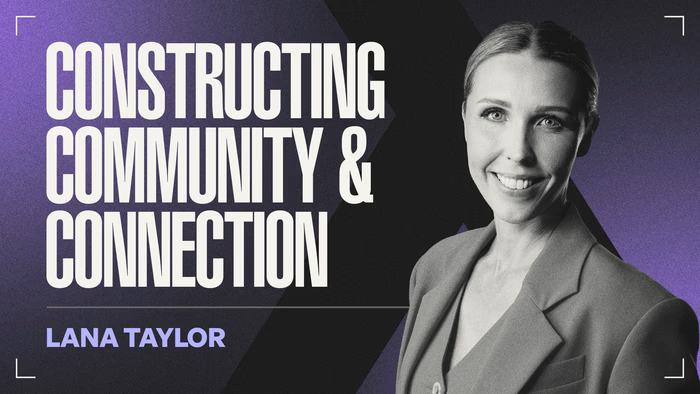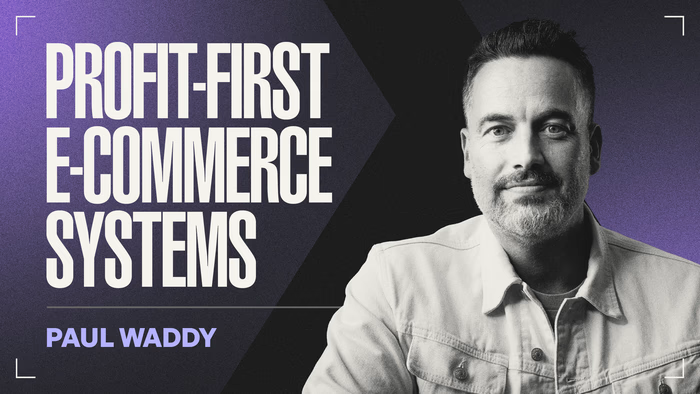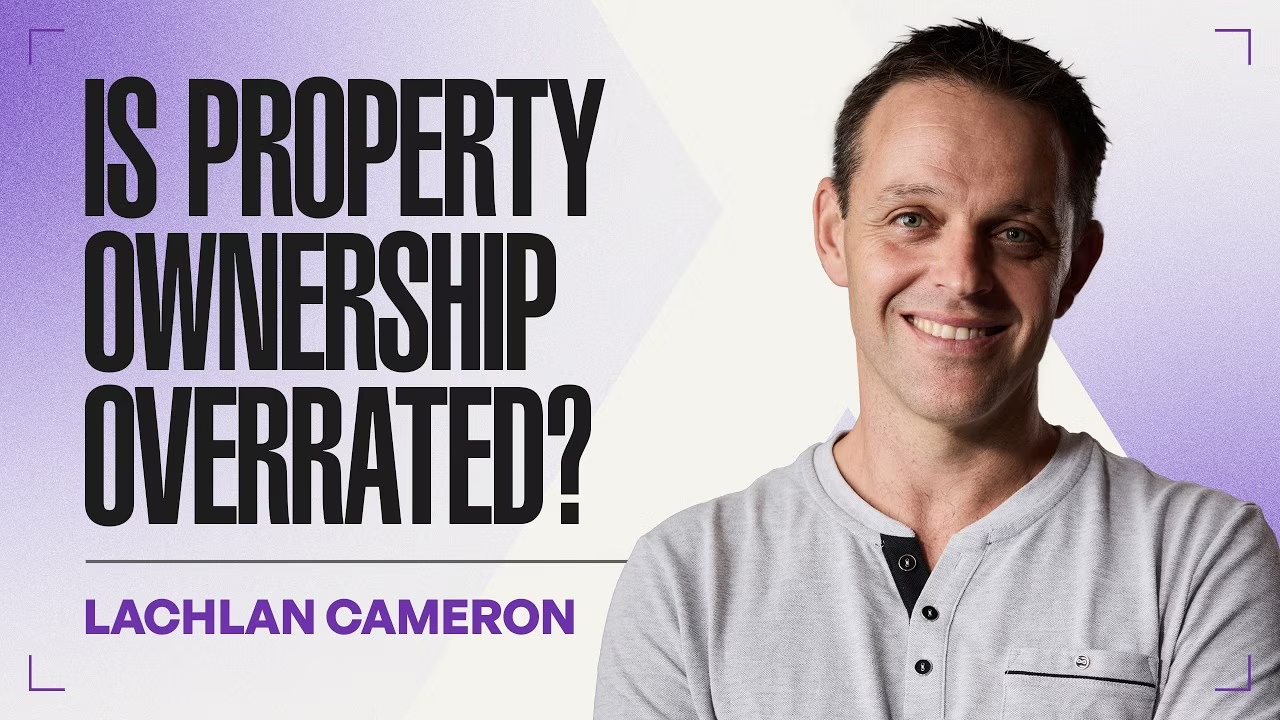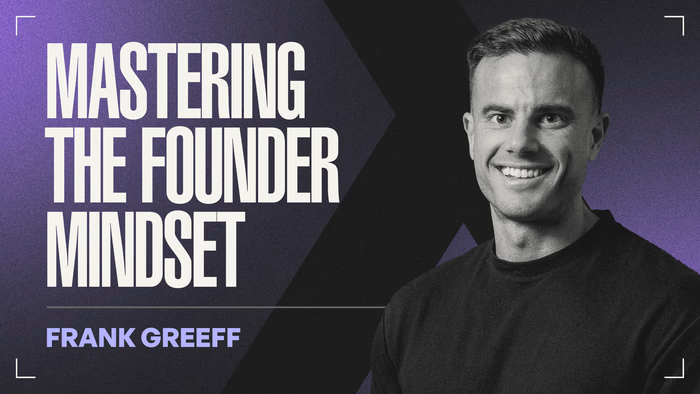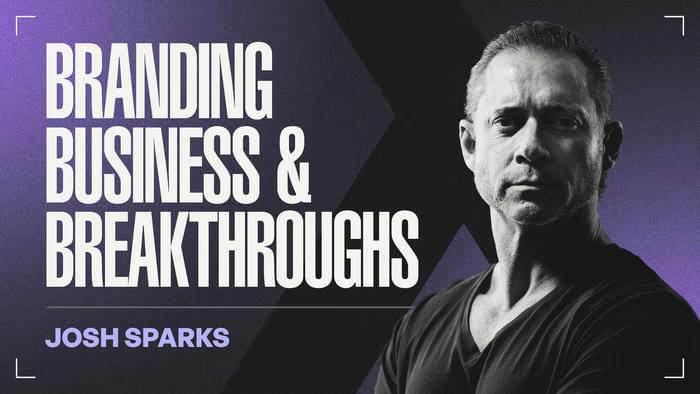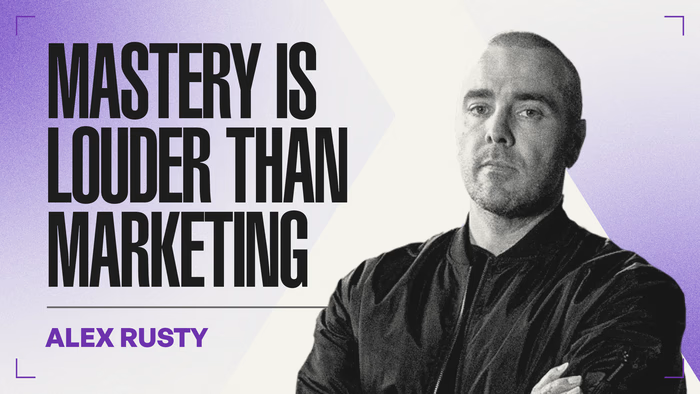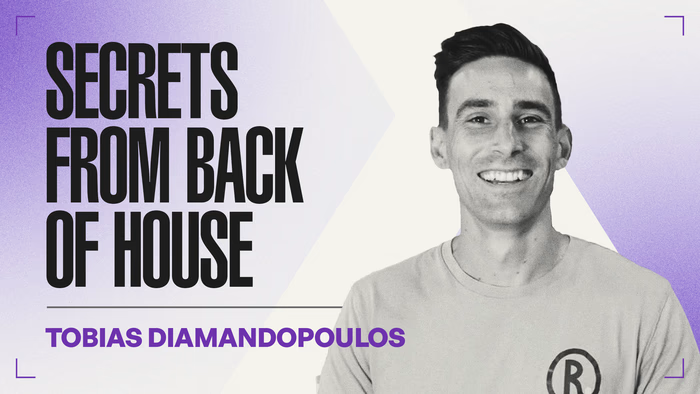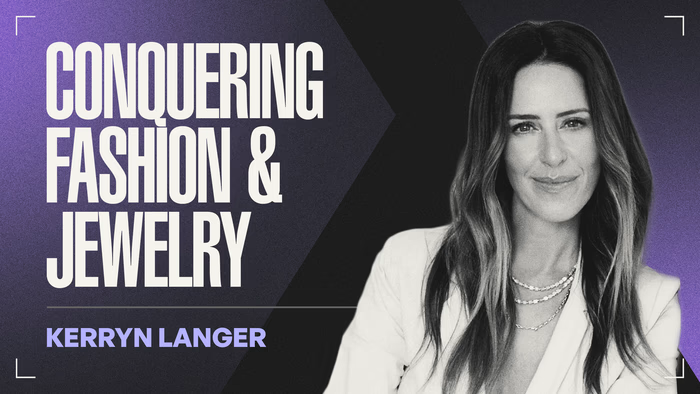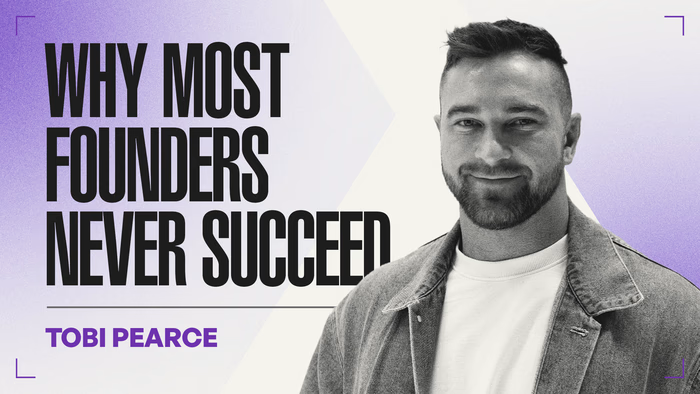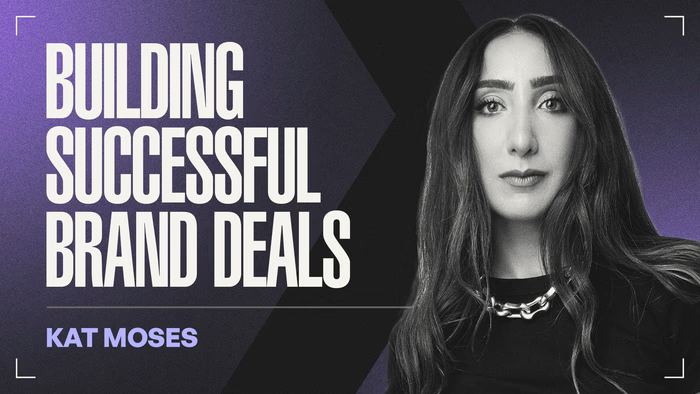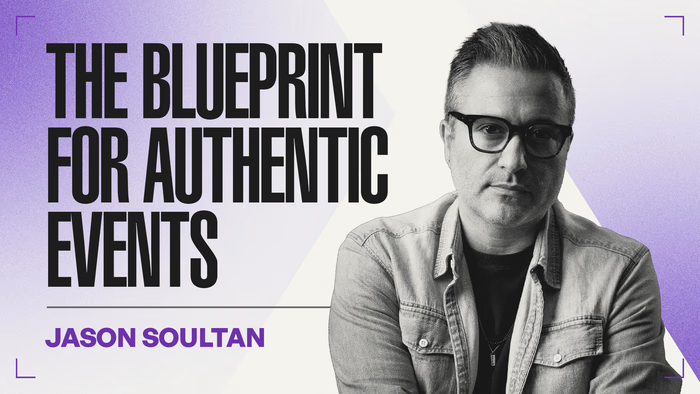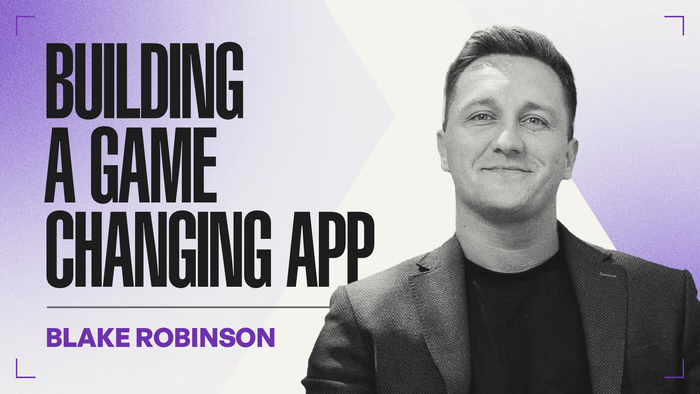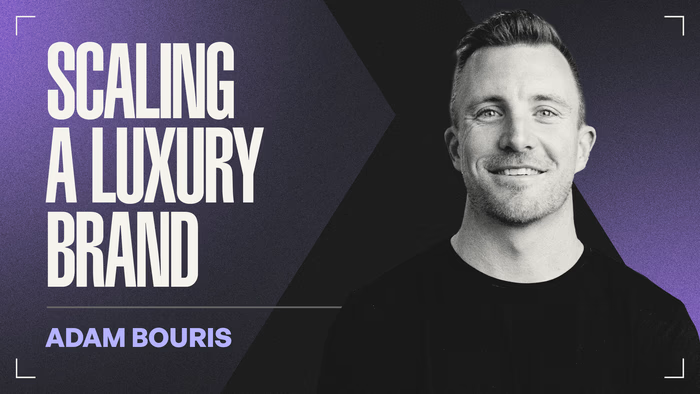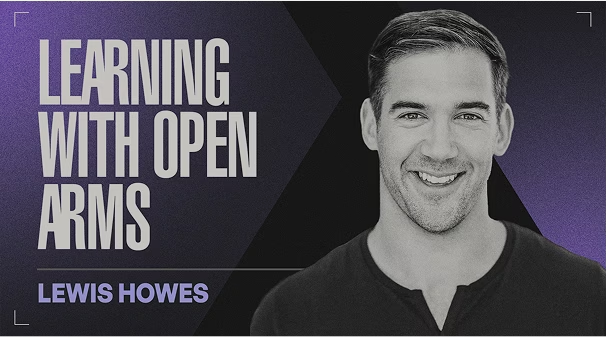


TLDR
Summary
The interview features Mark Bilton, a globally recognized leadership adviser and former CEO of Gloria Jean's Coffees, where he oversaw operations in 40 countries. Mark discusses the evolution of leadership from the old "command and control" model to a modern, highly effective style based on transparency, trust, and humanization.
Leadership and Cultural Transformation
Mark defines modern leadership as the ability to create a clear vision and an ecosystem where empowered people want to collaborate. He notes that the fast-paced digital era demands an influential style, contrasting it with the old, slower, military-inspired "up here for thinking, down here for doing" industrial model.
His experience leading the turnaround of Gloria Jean's Coffees serves as a core case study. The business was riddled with systemic failures (40% of franchisees failing, sales declining, legal issues). His solution was to humanize the workplace and decentralize problem-solving:
- Embrace Transparency: He was ruthlessly transparent with the pitchfork-wielding franchisees and laid out a nine-point plan for recovery, which the team collaboratively built to ensure ownership.
- Find the Answers Below: He emphasizes that when a company is failing, the problem is at the top, not the bottom. He sought solutions by listening to the real people—warehouse staff, sales reps, and customer service—who were closest to the problems.
- High Accountability: He mandated high accountability and responsibility, which was the trade-off for empowering his staff and creating a high-performance culture. This approach led to a $163 million turnaround in 3 years.
Leadership Philosophy
- Culture Over Command: Mark asserts that a diverse, collaborative team in a safe environment will outperform a homogeneous team every day. Leaders must speak last to harness the collective wisdom in the room.
- Investment in People: The most effective leadership is to treat all people with equal respect and honor, regardless of their rank. Investing in small things (like new scales for the warehouse staff) leads to disproportionate productivity and loyalty.
- Purpose & Empowerment: To create engagement (as inspired by Daniel Pink), a leader must provide: a clear sense of purpose, a path to mastery, and autonomy/empowerment over processes.
Personal Insight
Mark's final mantra is to "hack leadership and humanize the workplace." He believes that doing so will not only create a better, more "restorative" environment but will also yield superior commercial results. His personal work focuses on influencing other leaders to adopt this style, recognizing that changing one leader's mindset can create a massive multiplication effect for hundreds of lives.
Highlights
- Leadership Model: The modern model is Influence and Collaboration (an ecosystem), not "Command and Control" (mechanistic hierarchy).
- Turnaround Strategy: At Gloria Jean's, he solved systemic failure by listening to the frontline staff, empowering them to create the strategic turnaround plan, and being ruthlessly transparent with all stakeholders.
- Culture as a Catalyst: He believes a positive culture is "caught, not taught." It's the only way to retain staff and get them to "crawl across broken glass" for you.
- Delegation: To fully empower people, leaders must be willing to delegate all process control and manage solely by agreed-upon outcomes.
- High-Stakes Transparency: When he laid off 300 people, he was completely transparent, offering generous severance to those who stayed until the end, which resulted in zero legal letters and a high degree of staff loyalty.
- Productivity Hack: A 0.1% improvement in management in Australia would yield a 5% increase in national productivity, underscoring the vital nature of effective leadership.
- Final Mantra: Mark wants to be remembered for helping to "hack leadership and humanize the workplace," viewing it as the most effective path to commercial and human success.
- Personal Challenge: He is continuously working to overcome the limiting belief that he must know everything and make all the right decisions himself.
Transcript
00:00:00 - 00:01:06
So if you sacrifice your family on the altar of earning money, does that make you a good leader? Mark Bilton is a globally recognized leadership adviser with 20 years of experience as CEO and managing director across six companies. One of these being Gloria Jean's Coffees where he oversaw operations in 40 different countries. I would like to think that I've hacked leadership and humanized the workplace. He's the founder of Lead Well, Live Well, where he assists leaders to problem solve, build legacy, and avoid
00:00:33 - 00:01:37
burnout. Mark is a proven catalyst for transformation and a trusted voice in high impact leadership worldwide. The leadership game has changed a lot in the last decade or so. We spend more time at work than we do literally doing anything else. And I think if you can create an environment where people want to be a part of it, roll out of Monday morning, go fantastic. If you do that and create that kind of culture, you're going to do well. A.1% improvement in management would give us a 5% increase in
00:01:05 - 00:02:11
productivity. So if you're built as a leader, the best you can be is when I would like to welcome my friends Mark to the agency podcast. D, thanks. Thanks for having me. Thanks for being here, man. you're you're tremendously skilled and uh you have a deep deep leadership uh experience and I'm really excited to just like full fully go down the rabbit hole on exactly what leadership is. Thanks. Yeah, looking forward to it. So, to dive on in, what is leadership? Is it an art? Is it a science? Or is it a
00:01:44 - 00:02:31
blend of both? All of the above. There's so much written on leadership. I mean, you'd fill a you'd fill more than a room full of all the books. There's just so much so much going on and it's a complex uh topic and I think a lot of it is actually um experiential as much as the kind of the knowledge like flying a plane. You can learn how to fly a plane but can you fly a plane? Not really until you've done it. Yeah. You can be objective. You can say well I've read the books. I've listened to the podcast.
00:02:08 - 00:03:02
Um I've been to a leadership seminar. I'm good. Yeah. No, it's a lot more complex than that. I think I'm still learning about leadership now and I've done um a lot over the years. But I think in essence uh there's an outcome from leadership like you're trying to achieve something a purpose or an outcome and you're able to create that vision create a cohesive message around that. Um align a bunch of people to be all uh running together collaboratively to be able to achieve achieve that and
00:02:36 - 00:03:30
then create an environment where that can get done well. I think it's probably the essence of it. So good vision, good strategy, um creating an environment where people can do well and they want to be a part of what you're doing. I think that's probably the essence of leadership. It's changed a lot though I think in the how has it changed? Well, the industrial revolution was very much around command and control. Sort of very mechanistic, mechanical u whereas now things are moving so fast that leaders need to be
00:03:02 - 00:04:02
much more influential rather than command and control. So uh organizations are became much more like ecosystems rather than um you know everyone in one building, one person doing the thinking and everyone else doing the doing. Um they're much more um tribal and um connected and you need more transparency and trust and the leadership game has changed a lot in the last decade or so. Um some people are still shouting at people in corridors and trying to get things done. Um, but I think most good
00:03:33 - 00:04:27
leaders recognize that there's a lot more in relationship, human, EQ, um, creating an environment where people can do well. So, if you take me through a short history lesson, like you said there, it was about, uh, commanding and it was about being mechanical. If you take me back to the industrial era, like what would have been uh, good leadership back then? Why was it effective? Yeah. Um, and then if you could maybe give some subject matter as to like an example and then how has that evolved to
00:03:59 - 00:05:02
today to be more tribalistic, more collaborative by nature, more EQ because it does seem like when you go back through the history books, everything was pretty much ruled with an iron glove. Absolutely. Uh, versus today's uh strategic direction is a bit more velvet. Yeah. I I think there's some societal impact on leadership when it was first when industry really first started to happen. Um, two influences. ones the church uh and the and uh military. So a lot of those are very hierarchical structures um you know well
00:04:31 - 00:05:24
they were like very much society. Absolutely. Led by religion and the military. Totally. So that was your and you know feudal feudal society in a lot of way with kings and surfs. Um and so that was the reference point for most of the the industrial revolution. Um one person owned the the capital everyone else you know they got paid as minimum as possible and just did what they were told. So the military have a really good saying or maybe it's not a good saying um up here for thinking down here for
00:04:58 - 00:05:50
doing you know because you've got pips and crowns up here military officers. Yes that's for thinking and down here if you got stripes then that's actually for doing. So just do what you're told. Interesting. Um but I think that's that's changed a lot even in those in that context as well. Um if you look at special forces and um uh any sort of ground theater where there's a lot of things happening, decisions have to be made, the the same analogy takes place. So everyone thinks it's command and
00:05:24 - 00:06:26
control, but actually there's people doing thinking the first thing that happens when there's a any sort of combat situation is things change a lot. Um the objectives are agreed on, but the way you get there changes a lot. I think that's a really good metaphor for um our approach to business these days. If you got a a very slow moving market, you can have one person thinking and just telling people what to do and it kind of works. Um and obviously, you know, the industrial revolution really transformed
00:05:53 - 00:07:03
society and a huge big uh era of um of that kind of thinking. Um, but as we moved into more of a digital environment, things started to change very fast. And so big, slow organizations that had maybe a 20 year model evolution um for for an industry um was getting shortened to five, 3 years, two years. You're not reinventing yourself every year. This there's something wrong now. And you can't have one person doing that. You need something that's very fluid, very agile, very e easy to move. The difference
00:06:28 - 00:07:18
between maybe a a big tanker going down the down the sea and you're trying to turn that takes a lot at the wheel and then you just got to wait and wait and wait and slowly it'll turn. You know that that's pretty efficient if there's not much in the way. But if there's lots of things going on, there's icebergs, you need to be much more like a shoulder fish where the whole thing can flex, right? And that movement doesn't necessarily come from the front. It can come from anywhere in the organization.
00:06:54 - 00:07:52
That makes so much sense because I would imagine in the industrial era it was shut up, do as you're told, and at the end of 20 years you might get a gold watch. Yeah. Thanks for coming. Thanks for coming. Yeah. Um, you know, and there's, you know, my grandparents uh and my my mother was telling me this, which was back in my grandparents era. You work really hard your whole life for one company and if you do really well, they'll reward you. And you know, it seems like the shift into the digital
00:07:23 - 00:08:20
era is a lot more like the wild west. There's a tremendous amount of activity happening. Everything changes every 5 minutes and you have to be more nimble, more pivotable um and more agile than ever. Absolutely. Do you think it's harder to be a a leader now in this current climate that we're in than than in history? I I think it's a different skill set. It's arguably a rarer skill set. you know, most people can shout at people. Uh, which was kind of the prevailing model, uh, which is slightly unkind, I
00:07:52 - 00:08:47
think, because it, um, there was massive changes and lots of productivity gains and a lot of good things happened in society. Things became much more egalitarian over time. Um, and a lot of the those big industrial companies actually really looked after people. Um, there's some great shining lights like Guinness, for instance, that actually they basically built whole infrastructures. they were one of the first to do um medical medical doctors and nurses for their for their for their people in their organizations and a
00:08:20 - 00:09:20
whole bunch of things. So, so there are a lot of very good industrial um models, but but I think the the skill set to be able to work in an environment that's changing a lot where you've got to create this ecosystem, there's there's no real control. Uh it moving to influence, it's just a whole different game. So you got to be very comfortable in I think who you are, where you're going, trusting people, a lot more empowerment, uh a lot more collaboration, um more transparency,
00:08:50 - 00:09:53
building trust, which I think is one of the most underrated currencies in in business. Um so there's it's just a different skill set, but if you do that, if you do that well, then you can you can organizations can actually shift very quickly. Now, when you talk about the military in particular, yeah, um I'm a big fan of Joo Willink and one of his um books that I've read probably nine or 10 times at this point is um the dichotomy of um the dichotomy of leadership. Yeah. And he has this
00:09:20 - 00:10:23
concept wherein, for example, um the general of the military of said, you know, um governing body of whatever branch of the military they're in would say, look, the objective is we want you to take over this compound. Here's the resources. Here's the materials. Um the size of this operation could be X. But then it would be you know handed over to a leadership role and then that leader would then brief it with their team of experts and then the leader would in inherently listen to their subordinates
00:09:53 - 00:10:39
and they would throw suggestions. I think we should enter from the river. I think we should enter through the front of the compound. I think we should break in this way. I think we should land with the helicopter. Whatever the strategy might be pitched as. But inevitably it's up to the leader to decide, nope, we're doing this plan. I'll hear you out. But inevitably the decision rests on their shoulders. Sure. And then they have to make sure that the team that are operating the mission are completely and
00:10:16 - 00:11:12
coherently in agreement with okay that's the leadership's decision. Let's execute accordingly. When you're looking at this break of leadership and you have I guess the managerial layer and then you have the leadership layer like do you see them differently or are they one and the same? These days they're pretty much one and the same because you organizations are a lot flatter, much more egalitarian, much more grouped around as an ecosystem than too structured. What do you mean by egalitarian? Uh just
00:10:44 - 00:11:42
people anyone in the organization can have an idea and if the culture is right, you can make it happen. Okay. Yeah. So kind like Kaizen at Toyota. Yeah. Yeah. Absolutely. Yeah. Constant improvement and an idea a good idea from anywhere is a good idea. Um I I think that model that you're describing is is really important because you're managing by or leading by uh outcomes, not by process. So you're letting the process uh be dictated by the people who are on the ground doing whatever they're doing.
00:11:13 - 00:12:01
So that um you when you're you're getting some transparency and some accountability about an agreed outcome. Okay, I'm going to deliver this by next Tuesday. Great. What that's next Tuesday? Yes. What's it going to look like? Great. Fantastic. Awesome. Off you go. U and you're letting the the the people in that particular group or team articulate how they're going to do it, work it out themselves, come up with the best strategy given the expertise around the table and that'll there'll be some
00:11:37 - 00:12:36
sort of leadership in the midst of that as well who actually has the responsibility for the delivery who says okay I've heard everyone's yep great fantastic let's do that and they might adapt as they go but next Tuesday that thing needs to be delivered. Yeah. So, it's leadership by objective um agreed outcomes rather than by process as a saying um don't do this. Why am I doing that? Like there's a much better way to do it, but no, no, don't do this and do this and oh that's fallen over. Do this.
00:12:06 - 00:13:00
Um so someone else telling you what to do. Most people uh if they have a level of expertise um and and a pulse know what they're doing in their particular area. um whether it's working in the warehouse or customer service or sales rep or whatever it might be. Um they're probably in the best position to work out the best way to do what they're being asked to do. Um particularly if they're told very transparent about where we're going, what it is we're trying to achieve. Um an agreed set of
00:12:34 - 00:13:32
outcomes that the whole organization is trying to to work their way towards and they can oh this is my piece in that I can see that. And how do you correlate that across to an organization? Would you say that the military and the way I guess a modern military organization works and the way a modern company at scale works would you see them as as quite similar or quite different? I think particularly in the specialist services area where it's you know mission critical decisions made on the ground uh it's very similar. Um I
00:13:03 - 00:13:58
Americans have got all sorts of issues with you know thousands of flag officers and every time they want to do something they'll ring up a lawyer and so it's all got a bit crazy. Um, but if you take take that piece out as far as um pure combat on the ground, I come from a military background. My um my both my my father was in the British Army and my grandfathers are both in the military as well. So I've ruined generations of military service by not joining up. Yeah. My grandfather talking about the
00:13:30 - 00:14:28
old school, he um he lied about his age. Uh he used to work on a rubbish truck in Hull in the UK and uh joined the army as a soldier. Um and then got commissioned in the field. So he became an officer during the war. Um and then he was in the Dunkirk retreat. Wow. Uh was told to destroy his guns. He had um anti-aircraft guns. Told to destroy those and jump on the ship, which everyone was doing. He said, "Right, sir." And then didn't do it. Reassembled the guns and then shot down a lot of
00:14:00 - 00:14:58
aircraft. Got a military cross. Wow. Yeah. And I read his diaries u which we only discovered about three years ago through another part of the family was kind of fractured. We finally got his diaries. Yeah. Of his story of what he was doing and how he was working with his men. Um mainly trying to find wine from French sellers uh and then putting these guns together and shooting down some planes. So it was just it was just a wonderful insight into family history, but also his his whole leadership approach was very just kind
00:14:29 - 00:15:26
of one of the boys. What what's your thoughts on um company culture from a leadership perspective where you're thrusted into a general manager role? Like how do you grab the reins of that and how do you make sure that the company doesn't go off the rails? I think the work environment it can be redemptive and yet most people oh it's Monday I've got to go to work, right? Or uh you know it's a it's a trial. It's just a like a slog. Um and yet we spend more time at work than we do literally
00:14:58 - 00:15:43
doing anything else. And I think if you can create an environment where people want to be a part of it, roll out of Monday morning and go, fantastic. Yeah. Where you're growing people, helping them be the best they can be, um they're doing things that they value, um they're growing as individuals, that's a that's a wonderful opportunity. And if you do that, which is culture for me, um if you do that and create that kind of culture, you're going to do well. Like the commercial
00:15:21 - 00:16:31
stuff, do you have to have those things in place? 100%. But if you get the culture right, it's a lot easier to get a lot of things done. For sure. If we slingshot forward in your career a little bit. Yeah. To your tenure at Gloria Jeans and you led across 40 countries and 800 stores and you had to really have a strong grip on culture and a strong grip on leadership. Yeah. Coming into an environment that I understand with Gloria Jeans was in part a turnaround. Uh yeah, more than part, but yes, I'm trying to be polite here.
00:15:55 - 00:16:57
How would you describe it and and what exactly was your experience? Um because what I would like to go down the rabbit hole on here together with you on is what is it that makes good culture and what is it that makes poor culture and how do you correct that in such potentially an environment where there's a mutiny from the crew uh around maybe how you lead? Sure. Yeah. story genes was obviously very complex. So um a lot of moving parts, a lot of things going on and a lot of systemic failure all over the
00:16:27 - 00:17:25
organization. So pretty much anything you lift to the lid and had a look, it's kind of was a bit broken. Do you have an example of that? Um so the international business never made money. Um we had about 40% of the franchise partners going broke. Um the um AC was looking at us for unconscionable conduct. There was a pending class action from the franchise partners. The organization had more layers than Walmart. Sales were going back at 5%. Done some strange things around the brand. 30 people in
00:16:56 - 00:17:49
marketing which is that is that 28 too many. Uh there was just a systemic issues rather apart from that was fine. Um you know it was obviously a lot of a lot of issues. And but when you say systemic like what exactly do you mean like when you looked under the hood you're like oh my gosh. So culture culture- wise um if you want to drill down with the cult the culture piece was kind of like I guess across the spectrum um from a let's let's zoom out to maybe a a business perspective and then we can
00:17:22 - 00:18:21
zoom in the culture. Okay. So if you're in retail and your sales are going back 5% you're dead because wages go up, rents go up and if your sales are going backwards you can just dig a hole very very quickly. Um so the organization was really struggling from that perspective. Uh and it was a great organization, great brand. Um it had been built out really really well and then just got itself into some trouble. Um it started believing its own press. The culture of coffee consumption had changed a lot and
00:17:52 - 00:18:56
the organization didn't flex and embrace that. So it was believing its own press and not recognizing the marketplace was changing and not adapting. So and uh you know reactions to that uh when things get tight in a franchise situation franchise partners tend to pay the price for that and the brand doesn't as a generalization. So reversing that and looking at how do we create an organization here where the average franchise partner and the average model in an average store in average town
00:18:24 - 00:19:24
actually functions well is the only sustainable model for something like that. Um and but in the midst of that uh all sorts of financial challenges around uh and legal issues and a whole bunch of other things to to deal with. So you have this paradox in leadership sometimes where and the real answer that's actually going to fix the business long term or medium-term needs to be addressed whilst you're doing the dance and trying to you know reshape the business to deal with some of the more
00:18:53 - 00:19:54
um challenging immediate issues. And a lot of people turn around, they'll just slaughter everything, make it look nice on paper and then, you know, then it falls over. Uh whereas I've always tried to look at um uh what's the real solution in the midst of this. So do we need to reach some reach some fiscal outcomes? 100% has to be done, but where's where's the sustainable model? Um how do we invest in in this? So we so it was um we had a one basically a one-page plan that was very very
00:19:25 - 00:20:18
transparent across the whole organization. A lot of restructuring from the brand side and then I engaged with all the franchise partners particularly in Australia which was where the main issues were uh and did a road show and put on my bulletproof underwear and they arrived with pitchforks and torches and everyone was very excited. Lots of jumping on tables and swearing and carrying on. So which is you know what if I was them I'd be doing the same thing. They've been badly treated. So it was a matter of um
00:19:51 - 00:20:46
unpacking that understanding what their biggest frustrations were trying to reduce uh the complexity make things a lot simpler. So we literally had a onepage plan with nine things we were doing that went out to all stakeholders and so the whole organization was aligned around achieving these things. So the within a very short period of time within 18 months um sales were going ahead at 5% the average franchise partner was 25% better off the organization was back into a reasonable level of profitability. the
00:20:19 - 00:21:12
international business was back in profit and all the legal stuff had gone away. So, uh, and that's 18 months for a big organization. That's hard to do. I couldn't do that all myself trying to make all those decisions. But what I could be is the catalyst in there to, uh, create the vision. Uh, an underestimated thing is a sense of hope because there was a lot of cynicism from the franchise partners that, okay, the new guy's going to fix my world. That's not going to happen. Um but very
00:20:46 - 00:21:39
transparent with them of what we were going to focus on and what we weren't going to do. Like we just had that debate this do this that you want not going to happen. Uh but this we're absolutely going to go after it. Um and you know they were they were better off over a period of time. Um and I was there for about 3 years uh and there was a transaction on the table. So and the organization had um turned around so wanted to to to buy us. At that stage, the um the major shareholder dissolved
00:21:12 - 00:22:15
the board and sent the leadership team home to do the transaction which fell over. Um 6 months later, they did another transaction which was a uh an absolute godscent. Um $163 million sold to Retail Food Group. So it went from potentially zero value u could have gone easily gone out the door to $163 million worth of value in 3 years. And that's an incredible turnaround. Oh yeah, it is. Yeah. in in an incredibly short period of time. For sure. Now, when you're kind of thrusted into this environment and
00:21:43 - 00:22:30
everyone's looking at you and you have to put on your bulletproof underpants and start dealing with the pitchforks. I love that though. What What What are What are the top things in your mind of like, okay, like obviously I've got these dying bullet points. We need more transparency between us and the franchises. They've been treated poorly. We need to get them back on side. like what are the principles or the methods going through your head of like this is how we're going to course correct the
00:22:07 - 00:23:00
problem child that this business has become. I've been very fortunate that most of the organizations I've run I had no idea how the industry worked. So I really had to go and ask people like um pretty much made a a career out of going into a warehouse asking a warehouse guys what's going wrong customer service and what are we doing wrong? Salespeople if we fix something what would it be? uh the real people doing the real things have the answers and often leadership and management team might be locked in
00:22:33 - 00:23:25
some special office somewhere and don't talk to the people um rarely seem to rarely have the have the answers particularly ones that have got into trouble I look at the top as the issue not the bottom interesting yeah uh do you find that that's most often the case in big business I think if it's gone wrong the people that get you into trouble are not usually the ones to get you out um having said that at Gloria Jeans that there was great people there and we um couple of extra leadership in
00:22:59 - 00:23:57
the leadership team in um but fundamentally the people who weren't able to fix the problem um with the right environment and a nice clear vision and some simple things to do and some empowerment actually fixed it. I didn't fix it. The team they they fixed it. I mean I you know had lunch and talked to people a bit. That was kind of my role. Um my actually my youngest daughter I heard her saying someone said what does your dad do? She goes, "I don't know, but he has lunches and talks
00:23:28 - 00:24:22
to people and they pay them." That's a great description. So, yeah, it's probably a little more complex than that. Um, but you were saying like what I think is interesting here is you're like, "Let me sit down and let me talk to the team." And I remember reading um Howard Schultz book. So, Howard Schultz, you know, founder and CEO of Starbucks, wrote a fantastic book called Onward. And in this book he talks about how you know there was a period in the business where he'd kind of resigned. He'd
00:23:55 - 00:24:54
allowed the board to kind of take over the organization and then within a period of like 3 years the company was on the collapse uh and on the verge of bankruptcy uh and he had to come back and invest about two years doing a turnaround. Now he talked about the same kind of thing. He sat down with the store owners. He sat down with sales. He he literally sat and listened. Absolutely. And this is something I've seen in biographies from founders and CEOs of and and and how often do you think it is that business owners aren't
00:24:24 - 00:25:20
just legitimately sitting down and listening to their team? Yeah. Often there's a kind of an ego thing. I'm the big leader. I've got all the answers. I'm going to save the day. I'll turn up on my horse with my shield and my sword flashing in the sunlight and I'm going to save the world. You know, that's it's a leader thing. I've been that character and it's a terrible way to lead. It's a terrible Yeah. Um uh it feels good for the ego. Absolutely. But it sucks. Yeah. Look um and look, I come
00:24:52 - 00:25:41
into these organizations and I have an idea of what I think is going to work or some level of some level of clarity, but I'm not going to go and sit at a table and go, "Here's the five things I think we should do to fix the organization." Because everyone will just go, "Yeah, that's a great idea. Let's do that." I'd much rather take the time to so that onepage plan for instance is not something I wrote nine things on a page and said this is what we're going
00:25:16 - 00:26:12
to do that was built it took the top 30 people from all the different parts of the organization brought them together and we just unpacked the whole thing. So people own what they helped to create. So that strategic plan was not mine that people own what they helped to create. Absolutely. like if you've got ownership into the strategic plan, even if you disagree with it and you've had a chance to put your opinion on the table, um you'll you'll have a level of um connection to it rather than Why is that
00:25:44 - 00:26:32
so important? Well, uh you could have the same plan if someone helped build it, understood um okay, where are we going? What are we doing? What should our priorities be? Why is this more important than that? What about this? Here's 27 things. Why are we only doing these nine? If someone has been through that whole process and collaboratively built that, they have a sense of ownership. If it's just dropped on them from a great height, guess what? This is what you're doing. Okay. Well, hang on a
00:26:09 - 00:27:02
second. What about this? What about that? You think that's a good idea, but you don't know about this? Um, they haven't had a chance to um own it by helping to create it. So, I think it's a Does that be true? Does that create resistance? I think so. It's the difference between top down command and control and inclusion and collaboration. Um, the irony for collaboration for me is when you're busy and there's lots of things going on, you got a burning platform, the last thing you want to do
00:26:35 - 00:27:25
is sit in a room with a couple of people and listen to their ideas. It's the last thing you want to do, right? Um, and yet if you take the time to do that, you get a better outcome because funny enough, there's other people that have a different perspective. Um, you and I are the smartest guys in the room always, right? Not necessarily. So, I hope I hope I'm not. I I try to I try not to. Yeah, but but um I think there's an essence of leaders who we we tend to think we've got most of the answers. So
00:27:01 - 00:27:49
I've had to learn to be more collaborative over the years. I would agree. Uh I've gone the other way. I've tried to rule with an iron fist. Doesn't work so great. Being collaborative is great. Yeah. Um so it's good if you you can do the command and control if you're right all the time. And that doesn't happen very often. But but I but I like I like diverse teams. I like people from all sorts of different backgrounds, different life experiences, different ages, different you know, everything's
00:27:24 - 00:28:21
different. um that it's very hard to make that work well because you have to have a safe environment. So a homogeneous team will beat a diverse team every day. Well, unless the diverse team is in a safe environment where their people are willing to put their perspective on the table. Hang on a second. What about this? What about that? And bring those things together. I'm not talking about a DEI sort of setup. I know what you're saying. metocracy, but when you can have a room of different lenses, different
00:27:53 - 00:28:47
perspectives, different experiences, some people are heartled, some people are logicled, you you want to have this uh difference of input. Yeah. Because I've I've found that especially when I'm working with an organization, I've done a strategy with as many as 36 people, which is I don't recommend. Um but it's it's interesting because like I find typically when I'm working with brands, the CEO talks a lot. Uh but when you actually create a safe environment where everyone's like, "Oh, my opinion
00:28:20 - 00:29:13
matters." Yeah. You start to get all these different things on the table and then weirdly enough, the best strategy kind of reveals itself. Absolutely. Yeah. It's kind of the inherent truth of the collective wisdom in the room. And if you're looking at an issue or an opportunity, if you imagine it as a sort of 3D thing, you got a bunch of people looking around. Everyone has a different perspective on it. So you just get a much more holistic view of that and all the nuances of that that opportunity or
00:28:47 - 00:29:40
that issue. But if as a leader you should speak last. Simon Synynic. Yeah. Fantastic. Yeah. So let everyone else have a have a crack at it and then you can start oh actually that's those are really good ideas. Let's why is it important that the leaders should speak last? But if you come in and go this is the opportunity I think we should do X. Everyone goes yeah we'll do that. But if you go this is what we're facing. Uh what do you think? What do you see? What about from your perspective? What about your discipline?
00:29:13 - 00:30:03
How do you see that? Okay. Well, let's you know what would be the three best things we could do? Split people up into groups. Do a little mini strat session. Aggregate those things and come up with a conclusion. I mean ultimately you're the leader. You have responsibility. You have to make the decision. But often I find a group decision is is sounds worse but is actually better. Why is a group decision better than the leader making all the decisions? Just the collective. I think it's just the
00:29:39 - 00:30:44
collective wisdom in the room and experience. So, um I do stretch sessions with anyone from maybe 10 to 40 people in the room. Um so you can have literally hundreds of years of industry experience in the room. I kind of thought of it that way. Yeah. So I might have wow five minutes or seven years or whatever in that in that particular industry. I've got some commercial gray hair so I kind of get what works. But um you know in the room there might be 300 years worth of industry specific experience from different perspectives
00:30:11 - 00:31:06
and powerful I never thought of it like that. That's a lot. You put that in a line that's going back into the sort of 17th century 18th century 19th century like it's it's when you take that that wisdom on a linear it's it's huge. What's the benefit of being ruthlessly transparent across the board like to actually come out with the dirty laundry and go this is what's really going on. Um cuz I meet a lot of founders and business owners that they try to keep this lock Yeah. locked up and and hidden
00:30:39 - 00:31:35
away as to not spook, scare or intimidate their team. Yeah. You you can't do it right. Um the only provisor I'd say sometimes like I've run a small part of an organization in a bigger group where the bigger group was kind of a different culture to what I wanted to do in my little area. Okay. And and it would just you know you get all this rubbish kind of coming at you. And so I would try and protect the team to a certain degree from all the sort of overcompliance and bureaucracy and
00:31:06 - 00:32:05
politics and that seems to grow well in large organizations. So you know you can protect your team to a degree but I think if you're wrestling with something or there's something that's that's that's important people should know about it. Okay. People seem to I can only talk from my experience really on this. Um, people seem to function better when they are uh respected, valued for their opinion and their input. Um, and I and I've tried to uh always treat people the same. So whether you're chairman of
00:31:37 - 00:32:36
the board or whether you're wrapping parcels in a warehouse, I don't care. You have the same value. You know, you're lovingly created. You're unique. Um, and you have your own reason for being and I should treat you and honor you and respect you regardless. Um I remember I took over one organization and um the management so there was a managing director's car park separate entrance up to the top floor and there's you know special locks on the on the top floor. I thought no no so I didn't use
00:32:06 - 00:32:59
that car park. I park around the back and um used to have a big HSV V8. So the guys in the warehouse used to love that. We used to have a bit of fun with that. walk through the warehouse and then up through the floors through the sales side and then up through the administration areas and into the into the management trying to break the culture of connecting with people having the same conversation with someone in in the warehouse as I do with some of one of my leadership team. little warehouse
00:32:33 - 00:33:17
example. I just walked through the warehouse and um there's a bunch of guys just wandered in and they got used to it first like first time walked through there thought what's going on who's going to get fired like what's happening some restructuring going on today um and you just get get talking to people how was your weekend or what you doing and everyone's like yeah I was like oh it's great yeah and there was a bunch of them and I said what do you guys need is there anything that's frustrating you
00:32:55 - 00:33:44
like is there something we can do to help they're like what do you mean like are there some is there something that you need u that will help you do what you do? And they said, "Oh, we've been asking for a new set of scales, like sort of weight scales thing." Um, and uh we were told no like a couple of years ago. And and I said I said, "Will that help you do your job better?" He goes, "Oh yeah, much faster, much quicker, it's easier to use, blah blah blah." And
00:33:19 - 00:34:08
I said, "What cost?" He said, "Oh, it's like a thousand bucks or something." I said, "Uh, yeah, go for it." They what do you mean? I said, "Go buy it." Like, "Yeah, go get one. Sounds good." And then they were just absolutely ecstatic that someone had sort of recognized there was an issue. They they're closer to it than anyone. Like no manager is going to know whether they need it or not unless they do, you know, someone will go down there and write a big
00:33:43 - 00:34:41
report and do five interviews and do a cost comparison and they want three quotes and just go do it. Um and they were, you know, I bet every last parcel got wrapped really well that day. I bet everything went out in the courier. I bet all the stuff that they' sort of put off got done. you know, they're just there's something about honoring people um treating them like you would like to be treated if you were in their situation. Um and uh just just a thing of respect and it seems to unlock a lot
00:34:12 - 00:35:12
of productivity, a lot of engagement, and people just want to be a part of what's going on. Yo, my name is Dane Walker and I am disgustingly obsessed with branding. I had to figure out a way to do branding every single day, so I branded myself. Then I started my agency, Rivalionary, and hired a team of branding mavericks hellbent on creating brands so good that they'll make your competition their pants. So, here's the thing. You want your brand to go viral, and Rival makes brands go viral. That's why we're
00:34:52 - 00:35:49
offering you a free 30inut branding session to get an expert's opinion. If you don't believe me, the proof is in the pudding. Here's what clients have to say about Rival. Rival is trusted by brands like Nutrition Warehouse, Flight My Bricks, and Voom. So, if you want to absolutely smash the competition and make your brand go viral, hit the link below and book in your free 30-inute branding session. Now one thing I understand is that for example in the United States the distinction between leadership and
00:35:21 - 00:36:27
management is kind of well understood and honestly really celebrated and really um I guess to an extent they get paid disproportionately. So like if you're a great leader in a US company you'll get paid handsomely. Yeah. within the context of the Australian environment, how do you think that we approach leadership differently to maybe the US because it seems like they just have a much better grip on the industry of business than we do. Um, it's a different ecosystem for sure. Um, particularly around raising finance. Um,
00:35:54 - 00:36:53
it's just a whole different that's a whole different world. The uh sales side of things is seen as a craft. So they they value salespeople and I think it's the same with leadership. So there's a there's an element of American culture that celebrates success which Australian culture is. Don't get too big free boots, mate. Tall poppy. There's a bit of that. Yeah. Um that goes on. I can say that cuz I'm a Kiwi, but I choose to live here. Yeah. Um I'm not offended. I promise. Yeah.
00:36:23 - 00:37:22
I'm I have an Australian card as well, so kind of got the lot. uh so so I think there's a the cultural aspects just in society around um uh they have different approach to success they value leadership because it's a that comes with that sort of package they see sales as a craft and they're much more I think aligned to commercial outcomes are a good thing whereas Australia it's like yeah do we have to go to the do we have to go to work because I want to go to the beach and do
00:36:52 - 00:37:42
some surfing okay so I think there's a there's a whole bunch the fundamental I guess the bedrock of our culture is super different. Uh I was at a fellow fellow's dinner for the Australian Institute of Company directors the other night. So I'm I'm a fellow of the institute, therefore part of the problem. Um and it was it was great. There's some wonderful people there. Um it's rare to sit at a table where there's a whole bunch of people older than me, which is nice. So that was
00:37:17 - 00:38:34
good. Um but the person who was speaking was speaking on productivity and he um has advised governments for a long for a long time. He said that a.1% improvement in management in Australia would give us a 5% increase in productivity. It's crazy.1% better managers we would get a 5% increase in productivity. So we our productivity rates are very low. Um so our productivity went down one and a half% last year as a nation. As a nation so we we we don't do things in a hurry. we don't do them
00:37:56 - 00:38:56
particularly well. Got an economy that you go out west, dig a hole, whatever you find, you ship to China and the rest of us are making lattes for each other. So there's, you know, it's just it's it's a lovely place to be. Why why do you think it's on the decline though? Um uh part of it is the way they measure it and um immigration. So it actually went up during COVID because the types of people came in were um you know investing or rare trades and things whereas now it's more general back to
00:38:26 - 00:39:28
more general immigration it's um productivity per capita GDP etc. So, um, slightly the way that it's that it's done, but we're not big adopters of technology. We're slow. Um, we're not particularly Oh my Australian people are going to going to get rocks thrown at me after this. No. Um, they're going to love this. This is not particularly innovative, I think, which is an opportunity for those that are in this market. like if you if you're working hard, you're creating great environment,
00:38:58 - 00:39:55
you're innovative, and you're adopting technology and you're the world is changing with AI and everything that's happening that go for it. Um you're going to do well in this environment. Although harder to raise capital, harder to sell in, harder to get people to adopt innovation. Um if that's what you're, you know, you're you're selling in. Um but if you can make it happen, you can do well. Like Atlassian, great example. Can and yeah, fantastic. Really really good. and they're sponsoring the
00:39:26 - 00:40:27
Williams car on the F1 now. So that's a little dark horse. So that's my dark horse bet for uh for the for the F1. Um but they did a great great job. So I met Scott a couple of times because he was involved with YPO for a little while. Uh these are earlier earlier days before they all you know became multi-billionaires and bought up most of Sydney's waterfront as you do. Um uh but great guys, culture off the charts. Like their ability to engage people, cure people wanted to work for them. Um just
00:39:57 - 00:41:00
the the way they articulated culture and the way they've done that. Fantastic. Did a great great job. So let's dive into that a little bit here. So what what do you look for when you're reviewing an organization's leadership structure and how do you even audit an organization to optimize leadership? Yeah. um was I've had two sorts of experience that one coming into an organization and and um running it. So six companies over 20 years and that was very much like just going in what have I got like
00:40:30 - 00:41:17
what's here? You're doing a a bit of an audit. You're like writing down a list of all the things. Um a lot a lot of it for me particularly in the early days was a bit more intuitive than that. just wandering around talking to people, um, talking to customers, talking to salespeople. I never want because people you wander into an organization that's in trouble and they go, "What are you going to do?" And I go, "I have I don't know yet." That's not what you want to
00:40:53 - 00:41:52
hear. What? Like, have you had any experience in the industry? No. How did you get this job? I have no idea. Um, but taking the time to listen and understand. So I used to give myself four to six weeks which is a long time when everyone's screaming um of connecting with people understanding putting work little work groups together um getting a whole bunch of sales reps together going what's your biggest frustration you know what are your clients telling you if you could fix one thing and you and me what would
00:41:22 - 00:42:21
you do um customer service people are gold because they get all the complaints and all the issues and whatever um I'd even talk to the accountants I would occasionally talk to CFOs Um I always found the best it's not my skill set. So I always go and find the best CFO I could find and bring them in if the person inside wasn't wasn't quite there. Whole different whole different skill set and so I always tag team tag team with that. Uh so just taking the time to understand what's going on um
00:41:52 - 00:42:41
what's working, what's not working. Um there's usually some lowhanging fruit so you can make some decisions and get a few quick wins. And then I would get into um the other side of the equation which you you talked about. What do the owners want? They want it fixed tomorrow. Great. What does that look like? Like what do you actually want to do? Do you want to pass it on generation? Are you selling it? Are you like what do you want? Uh so getting that understanding which I usually had a reasonably clear
00:42:17 - 00:43:26
idea before I came in. So I had at least some context. Then getting the top 30 odd people in a room and start really unpacking um what do we need to look like? What's broken? What's the essential things we need to fix? Um and getting that agreement on vision priorities short list of things when we start doing that. Lots of communications of that out to everybody so everybody knew lots of town halls. So gloria jeans because it was so big and so much going on. We used to do town hall every month. We just basic the one
00:42:50 - 00:43:42
metric was um retail sales that was the one metric. So we had all these yachts and winds and explain things in a visual way but it was this one metric that every time it went up everyone would you know it was all great fun and then it went through zero was everyone you know open some champagne uh and then you know went through to 5% and everyone was kind of ecstatic. So you could they could see progress. They could see we were concentrating on things. We weren't doing there was no secret squirrel. It
00:43:18 - 00:44:14
was very transparent. So shifting culture in that way. Um culture is often caught not taught. So although the values exercise for me it's you start being transparent, you start connecting with people, you start asking them and getting feedback, you start putting a broader group in and helping them letting them construct the first piece of work that needs to be done. M um it's shifting culture. Hang on. Someone's listening to me. Someone respects me. Someone actually I've been I've been
00:43:46 - 00:44:49
saying this for 5 years. No one's been listening. These this is this is great. Um and then see but there's huge amount of change that comes with that. You know I had um uh the Charles Parson's Group which was a 100-year-old textile business and I'd run their New Zealand business. had gone well that had turned around and then I got head hunted to run a public company for a while which was a great experience. I loved that. Um and then the the owner of that company tragically who I had a lot of time for um uh passed
00:44:17 - 00:45:31
away and um they asked me to come back into and the the business has sort of dropped off from there. So came back into Australia so to run the group. So it was a thousand people, 20 different businesses, six different countries losing private company. So millions um and in all in a world of hurt, uh very loyal, very a lot of people been there a long time. Uh very conservative, fourth generation. Um and so trying to honor the past but embrace the future was kind of the catchphrase we had in that. We we
00:44:55 - 00:45:42
need to move. But we need to respect those things but we need to move. So out of that thousand people we had to send 300 home. So on one hand you're talking about engaging people and creating culture. On the other hand you're saying and three 300 of you can't play this game. So how how do you manage that? Because I, you know, if you have a thousand people Yeah. and you've gone around the company and you're meeting people and you're like, "Yeah, she's fantastic and her
00:45:18 - 00:46:17
husband's going through maybe cancer and I've had a great conversation and a lunch with him." And how do you adhere to your values while simultaneously still trying to operate a company back into Yeah. what it needs to do to survive. For sure. I think if you find that easy, you should probably be doing something else. Like it's not an easy thing to do. Um uh and I'm always very mindful of you know impacting a family's life and and and those things. This might be the bread winner for Yeah.
00:45:48 - 00:46:48
Absolutely. You know, absolutely. Situation. The normal normal practice on that is you know lists on a page lines through you're gone and we and we had an odd situation where 150 had to go straight away and 150 I needed for between six and nine months in order to be able to we were moving buildings. We were rolling 20 companies into five product areas. were opening up in China. There was like massive stuff going on. You had to float 150 people. Yeah. Normal corporate practice would be get rid of the first 150, don't tell the
00:46:18 - 00:47:12
second 150 and creep up with them with a white envelope um when they've done their done their thing. I decided to not do that. Um, I still don't know quite why the board agreed on doing this or what I was thinking at the time, but the idea was, let's be very transparent because it was very conservative companies and no one wanted to say anything was to basically open up and go. We're losing millions of dollars. We have to make some drastic changes. This is what we want to do in the future.
00:46:45 - 00:47:45
This is what it's all about. We're going to be moving buildings. Your will is going to be painful. It's going to be horrible. Um, it's a wrecking ball until we get out, but this is why we're doing it. So, a lot of transparency around why and what. Um, we talked to the 300 people and really tried to do that in the best way possible. They knew before anyone else knew. Um, I had people in all those jurisdictions all having the right conversations at the right time. There were a lot of warehouse guys
00:47:15 - 00:48:03
because we're moving to China and changing a lot of things. Um, so we had a team who was ringing our competitors going, "These are good people. They're great, highly productive. we just like we just don't have anything for them. Have you got something? So, we really tried to do everything we could around that counseling. We were as generous as we could be under the circumstances. Uh was like a wellsty family and we're able they were going to be taking a lot of money off the table by selling buildings
00:47:38 - 00:48:42
and doing a bunch of things. Um so we were generous as we could be. So the first 150 we just did that. The second 150 we went to them and said uh you know what we're doing and why we're doing it. We need you for between six and nine nine months depending on the on the role. This is what the financial ramifications at the end of that will look like for you. So at this point in time everything will be done. We we don't have a role for you but you get paid this as your redundancy package. If you stay until the end at
00:48:11 - 00:49:15
this time we'll give you an additional this as a thank you for your commitment for doing for doing this. If you genuinely find a job between now and then and want to go, I will still pay you your redundancy. Wow. Um and they they say come again. If you find a job um we will still pay you redundancy. Wow. So and I was and I thought okay I've done everything that I possibly can to treat them as I would like to be treated in the circumstances. Um and the board in a moment of weakness went okay this mad
00:48:43 - 00:49:43
Kiwi guy like he seemed to fix the other business. We're going to have going to have to go with this against our best judgment. Um I was amazed at the loyalty and the amount of work that those people put in. It surprised me. I I get the dynamic. Like if you're reasonable with people, they respond to that. Most people. Um I thought I'd tried to go the extra mile with it, but no one's going to go home and go, "Guess what? Great redundancy day. It was amazing. It was awesome." Yeah. Um and yet people worked
00:49:12 - 00:50:08
so hard. Um and part of that was loyalty to the business been around for 100 years and etc. And part of it I think was okay I know why they're trying to look after me I do have this option which not many people took actually most people went to the end took took the extra prize and then disappeared and we actually found some other roles for them internally as well because things have moved. So um but in that whole thing um 300 people out of a thousand doing all the moving of buildings and rolling all
00:49:41 - 00:50:51
these organizations together and we got rid of basically all the top end management at all were all um been around for a long time and we're able to shift into a new environment. Um so they so we'd lost all the lot of the leadership team as well. um not one legal letter, not one, zero in all those different jurisdictions and nothing. That's pretty crazy. It's crazy. It's wild. So that surprised me. Um so there's definitely something in that dynamic of um treat people well, go
00:50:16 - 00:51:23
the extra mile. If you had to put a percentage on the amount of people that stuck around, um what would that be? Oh, it was like 95%. Wow. Yeah. like uh and and some of them some of them were just working crazy to get stuff done like just and like why are you doing that? I'm not sure I would be doing that. They just uh yeah so that was um it was a I was going to say an experiment. It was an experiment but um I think it really validated that approach right in a very commercial way. So sometimes we think
00:50:49 - 00:51:49
hang on it's like doggy dog out there. I got to screw down suppliers. I got to treat my team mean, you know, pay them as little as possible. But often if we if we treat people well, go the extra mile, serve those around us, um help them be the best that they can be, invest in them, long-term relationships with suppliers. I've always endeavored to do build relationship with them. Um it's not the cheapest all the time. Like build relationship, work together. It's always bad dividends. So doing the
00:51:19 - 00:52:18
right thing, you nice guys finish last thing. Um you got to make tough decisions. You got to make hard calls on things. But I think if you fundamentally look after those around you, serve those around you, um get that alignment across the broader stakeholders, you know, you're talking about boards and um fidiciary duty around return to shareholders. That's only part of that equation and there's been a lot of debate around broadening that out. Mhm. Um so there is fidiciary duty for the
00:51:49 - 00:52:45
team and the organization. It's sustainability, safety. There's a whole bunch of other things as well that are it's not purely financial these days. I just broadening out even even in um people are adopting which I'm not convinced about but adopting. Okay, we're in society. What do we as an organization want to talk about in various different areas? I think if you want to alienate proportions of your staff, that's a great thing to do. I would agree with that. I I just like
00:52:16 - 00:53:17
how you're very peopleled. You care about doing the right thing and you're saying that simultaneously you can I guess kind of be ruthlessly commercial in a business at the same time as like really having a heart and caring about people. You can have both at the same time. Yeah. And two two things I really want to unpack here. one is which um like do you see leadership as about solving problems or more about creating meaning and how do you help leaders shift from being transactionally minded
00:52:46 - 00:53:36
to transformally minded? Yep. Um I'm probably on that journey myself and it depends on the organization of where it's at. So if you're hired as a leader to save a company and put it in a particular state that's your job as a leader. Now in the midst of that if you can if you have a sense of purpose that can be a great motivator but those things can be shortterm like I was saying you know we all get to go home in six months unless we fix the business how about we do that so as a leader
00:53:12 - 00:54:03
that's a that's a that's a thing like similar to the mission uh in the military it's like your objective is to take that mountain take over that compound nothing gets in the way of that so that's transactional that's transactional but the way by which you get there you can have the creative proclivity to figure that out with your team the how you want to approach that like you did with the 300 people and what you did with that. Yeah. Yeah. Um like purpose- driven organizations,
00:53:37 - 00:54:40
people understand the why or the reason for being absolutely much more sustainable, can be very engaging. Um Daniel Pink talks about three areas if you want to create engagement. One of those is um that clear sense of purpose. So people want to be part of something that's bigger than themselves. like they want to be the part of that collective that's doing doing good. I want to go to Mars, right? Yeah. So the the second thing is a sense of mastery. So we all want to be good at something. So what are we good at? How
00:54:08 - 00:55:06
do we get very very good at that? Sense of mastery. So training people, developing them, what's important to them? What do they want to be good at? And the third thing is a we all want some control over how we do things. So a sense of um empowerment like I don't want to be told what to do but we agree on an outcome and then I can just go off and do it. So uh so the um empowerment sense of freedom around that mastery and sense of purpose you get those three things anyone's listening that's running
00:54:38 - 00:55:26
a small business doesn't matter if it's small or large those three things are absolutely true. So why existing? What do you want? What are you trying to achieve? Um developing people, helping them grow, giving them opportunity, investing in them. Even that's even that's just like hanging out with them and helping them, encouraging them, training them, mentoring them, however you want to coaching, whatever you want to do. Uh and give them some opportunity to exercise their own way of doing
00:55:01 - 00:56:10
things and they will crawl across broken glass for you. What's the most common limiting belief that you see holding leaders back from them fully taking agency in their roles? Uh you can do it all yourself. I think is the prevailing because most leaders are they have a view of themselves. Um it's like it's a good thing to have to have confidence in in your ability, but unless you subjugate that to the need to connect with other people, you'll never grow scale. Um most of the leaders that I'm working with in
00:55:35 - 00:56:32
um lead well live well are um sort of midsize 50 to 100 million and they've they've done very well. They've built big businesses. They're very capable but they know everything that's happening and they've driven that often by force of personality and they've just made it happen. I love that. I love that resilience and that capability and they're smart people. to go from that level to the next level of complexity, you have to have quite a mindset shift from I'm running the
00:56:05 - 00:56:59
business to I'm running the team and the team is running the business that and it's and some can't do that. They just need to know everything that's going on. And it's it's a it's a this is a mindset transition, confidence transition. You got to have people around you that are not only capable, but you trust them. and you create an environ an environment where they trust you. Uh so so I think that that's it's quite a big a big transition. You can't do it all
00:56:32 - 00:57:27
yourself. You're not going to know everything because you end up working 24 hours a day, 7 days a week, burn out, burn people, burn relationship, burn the rest of your life up um at a certain scale. And that's different for different people. Others, some are more capable than others. Some organizations are more inherently complex than others because I work with services organizations as well as products and importers online wholesalers you know service companies architects even they're
00:56:59 - 00:57:59
they're a different breed oh yeah they're a different breed of people now now around when you when you talk about um this transitional period that people have to break through I've recently and still am going through this transition of the team run the business uh and I'm trying to lead the strategic direction of the company. Yeah, this is a really really taxing uh leap for people to make. It's emotionally taxing. It's spiritually taxing. It's physically taxing cuz you're trying to essentially
00:57:28 - 00:58:30
create the best possible handover on how you like to do things. Absolutely. While simultaneously trying to collaborate and just make sure that when it gets handed over, it doesn't break. If anything, you allow the team to do it better than you. Yeah. When it comes to the power of delegation, why is it that so many people struggle with this ability to go from leading and doing it themselves to handing it over to a team to lead for them? I think there's a perception that no one can do better than I can. I've
00:58:00 - 00:58:51
been there. Yeah. Like far out. If there was just like 20 of me, we take over the world, you know? Yeah. That would just be great if I could just clone myself. We've all had that idea. Just clone clone clone and robots and AI will get this thing done. Um, so there is an an element I think there's the human element of being willing to trust people to activate an outcome in a different way to what way that you would do it. We're not perfect like we have a certain perspective and we we're good at some things.
00:58:26 - 00:59:31
Surrounding ourselves with people who are um have different skill sets and allowing them to exercise those becomes a really important a really important part of it. So a lot of it's around uh trust. The other thing I think there's a big misconception around what does it mean to empower people and delegate because our immediate reaction to that is it's going to be chaos. I'm not going to see what's going on and I'm the one that fixes everything around here. So that ability to be able to um
00:58:58 - 00:59:58
uh bring in a level of accountability and transparency on outcomes becomes very very important. So you're really managing by outcomes rather than by process. So okay, how long how long's it going to take you to deliver this marketing thing. Um okay, uh what do you need? You've got all the resources like are you happy about that? You can ask them how they're going to do it, which will bring you into all sorts of distress. But really, it doesn't matter how they do it. If the outcome is what
00:59:28 - 01:00:15
you want, why does it matter how they do it? Could there be better ways? Maybe. maybe get two or three of them together and work out a better way to do this. So, transparency, accountability, and then Tuesday afternoon when they've said they're going to deliver it, you're like in their face going, "Where is it? Show it to me. That's great. Fantastic. Awesome. Yeah, everyone else knows this is going to happen. Can you do the presentation on the thing you're doing?" Huge amounts of accountability, huge
00:59:52 - 01:00:58
amounts of responsibility. Um because that's the flip side of the coin. If you if you empower people, they need to deliver. Some people can do that, some people can't. So high degrees of accountability, high slow for people who are going to align with not only their capability but their values because your DNA should be all over this organization. What you value, how you want to do things um should be represented in the organization and people should have the ability to articulate that. So so how how would Dane do it is
01:00:25 - 01:01:22
kind of the question. Okay. And then so there's a values piece, there's a competence piece, there's accountability and responsibility. It's not chaos. You're not managing by abandonment. You're not just going where is it all going? The other piece around that, um, if I may, is the clarity of vision and strategic imperatives. There's only nine things you're going after or five things or 10 things, whatever it might be. Everyone's going, "Well, why am I doing this? I
01:00:54 - 01:01:48
need to be that's if that's what they want then why am I doing that in this way I should be doing that. So you're getting you're getting a focusing of the direction and the resources and where things are going. If they've helped to create it they'll actually own a chunk of that and want to make it happen and go the extra mile for that. And then you're managing leading by um outcomes rather than by process. And then what do you want to know? Like is there a particular part of this that you're
01:01:21 - 01:02:10
really worried about? get hyper transparency on that piece. Like just can you just give me a daily update on what you're doing with this? It's super important to me and I know like I'm freaking out about it. I just need to really know. It's so mission critical. Can you just like check in with me on how you're doing? Give us some progress updates. Yeah. So you so you can you can you can adjust it around what you're comfortable with, what your skill set is. And then also as an owner, what's
01:01:46 - 01:02:40
your vertical? So where's your what's your genius piece that you still want to do? And that could be completely different to every other organization on the planet. Doesn't matter. So yes, you've got overall some arching stuff that you need to do, but if there's a deep dive piece that you still want to own, why not? How do you define high performance culture? And how do you make sure that as you're I guess leading these teams that there's a there's a standard or a caliber by which
01:02:12 - 01:02:56
that they're matching because of course accountability is a big role in that. Yeah. But how do you make sure that the the team are actually marching in the right direction at the right pace? Yeah, I think all these things are outcome driven. Like are you achieving the goals that you're setting yourself and you're getting those things done? Yes. Well, okay, you probably got the right team on on board. But you do through in an organization, you go through step changes. So, uh you start with a lot of
01:02:35 - 01:03:36
generalists who can do a bunch of different things. Oh, yeah. They become more and more specialists, more uh deeper and so so that the way you lead them becomes slightly different as well. Um and the people that get you from say you know 5 million to 20 million may not be the ones that get you from 20 to 100 or their roles might change. Okay. Um so so it does it does change. I think a high performance team is not necessarily the same people. Some people can grow through that. You know they can upskill
01:03:05 - 01:04:06
and they can be as fantastic as they were when they hired when you hired them to sort of sweep up the warehouse to running the company. you know, um was the guy from um Domino's Pizzas. He um he started as basically just driving a a truck and ended up CEO and really did did a phenomenal phenomenal job. So he went from pizza delivery guy to CEO. Yeah, it's rare these days. But um so you know, so there's but you can grow you can grow people. You got you know young rockstars super capable helping them on their way
01:03:36 - 01:04:32
and developing them and growing them. They can serve in different capacities over over time. Um, so a high performance team in a $5 million business is going to be different to a high performance team in a, you know, in a multinational, different skill sets. I guess one of the final questions here, what's some advice you would give to people in the Australian business scene that are up and coming that are looking at going, okay, the world's getting more global, things are becoming more digitized. Um, you know, some of the old
01:04:04 - 01:05:01
ways of thinking aren't really really serving the new era of business. So, as the culture pivots, as the business dynamic shifts, uh what's some advice you would give to people up and coming in business that are really trying to get a good run on the board in the Australian market? Yeah. Oh gosh, where do I start with that? Look, um I think there's never been a better environment to be an entrepreneur. Um when I was of entrepreneurial endeavor age, um there was no internet. Like, you know, that's
01:04:33 - 01:05:21
just crazy. And it was like one generation. um uh you can set up a business tomorrow and have a crack at something like tomorrow and all the infrastructure and everything you need to do that is is there and available to to do that. So there's never been a better time to be an entrepreneur. There's all sorts of I think mythology around entrepreneurship, you know, you're going to open a website and you're going to retire tomorrow because it's all going to go amazingly well. People forget the journey and the
01:04:57 - 01:06:07
grift and the grunt that has to go in to do it. I would um I would get very very clear on what your point of differentiation is. So really really understand the market you're going into. You know what are the crazy people doing in that? What's the disruptive thing happening in that? You don't have to come up with something that is completely unique or um completely a complete innovation. You just need to be 1% better. So you can go into a a standard market and be 1% better. Be able to define that
01:05:32 - 01:06:25
and communicate it well. People like you guys can help people, you know, do that do that. So get really drill down on um the the product offer, your differentiation. What makes you different? Why should people buy your product? And and get very singular about that. I see entrepreneurs, it's Tuesday morning, I got 27 new ideas. I'm going to wander off. Oh, that's a shiny thing. It's a magpe. Oh, look at that. Um, oh, I should try that. Or someone had a conversation. I need to, you know, turn
01:05:58 - 01:06:52
this upside down. So, the perseverance and consistency of going after something. Um, deciding what you're going to go after and then just really sort of um pushing into that I think is uh there's a lot of value in that. Consistently turning up, making it better. What's your differentiation point? Good companies know it and can um describe it very well. Great companies double down on that all the time and it gets very very hard to compete with because they're just getting better and
01:06:26 - 01:07:20
better. That's something they're really really good at. Um, uh, connect with people. Don't do it by yourself. You know, connect with people. Uh, because a lot of your friends, family will go, you're a nut job. Why would you do that? No one's ever going to do it for you. And entrepreneurs have this incredible ability to overcome that and make it happen anyway. and that sort of bloody minded mentality of you know what, I'm going to I'm going to do this. Um, surround yourself with good people that
01:06:52 - 01:07:42
you know, like, and trust who are very capable and have skill set you don't have. Um, and and keep learning. Like if AI AI is disrupting everyone, every business leader I talk to at the moment, they're all jumping out of windows going, "Oh, what's going to happen?" Um, you got to embrace what's going to kill you, right? So, what's the next business model look like? what piece does that have in your in your world? And like listen to the podcast, go to the lectures, read the
01:07:18 - 01:08:08
books, understand what's going on, listen to the crazies um and deep dive on things, get into it. Like I'm a baby boomer, but I've got all the AI things. I'm trying all the different different things. Super super useful for even my little business um consulting. Um so you know uh and then trying to understand what it's going to mean for some of the industries that I'm involved in and some of the people that I'm connecting with. Do you think there's founders and CEOs right now that
01:07:42 - 01:08:39
are more like, man, I worked so hard to get to the position I'm at. Now this AI is going to come [ __ ] everything up like Sure. What what's what's been the the zeitgeist of um AI and the discussion at the top of town? Yeah. Um absolutely. So I sat in on a um Microsoft had a private briefing for a whole bunch of business leaders. Sat in on that and I was just looking around the crowd. Everyone's going, "Oh my god." like clutching like what are we in for? Exactly. And it's
01:08:11 - 01:08:58
just a but it's just another reinvention. It's just another another thing on the road. And you get the hype bubble, you know, anyone with the database is suddenly AI and they're not but like where's the real impact going to come and we don't know. So we have to embrace, learn, keep going. What's the next thing? So it's almost like you would say the market is doing a bit of an inhale at the moment. Like we don't quite know how this is going to go. But you're saying that people need to get
01:08:35 - 01:09:24
curious. They need to get on the bleeding edge. They need to start reading the books, listening to the podcast. Like, you know, we're walking into a market where it's inevitable that things are going to change. Yeah. And we should be working diligently right now to upskill and learn. So, it it will disrupt us all to one degree or another, our business models, socially, how we communicate, what we do, uh, roles, and it's already doing that with um, if I was a lawyer, I would be really worried
01:08:59 - 01:10:08
right now because if you think about the legal profession, they interrogate database and interpret it and give the best possible argument. Hello. That can be done outside of that. So what does that mean for a lawyer? Is it a lawyer who works with AI and does some nuance or some creativity on top of that data processing if you like? Um but we're never going to have worse AI experience than we have right now. in order to be the right leader to lead a company through I guess the era that we're in now like what are the things
01:09:33 - 01:10:32
that are that are the most important right now if you're trying to lead your company through the next two to five years and the destruction that AI might leave in the traditional way of thinking I think having people in your organization who understand it and giving some people in that enough space to just really understand what's going to disrupt and how it's going to disrupt So Schultz, that's a great example. Like what's going to destroy us? If someone was going to set up in opposition, how
01:10:03 - 01:11:02
would we die? And have someone in your organization literally doing that? Um where they're doubling down on um finding all the stories, finding, you know, there's this company in Europe that's doing X and they're just going to be dis disrupting, etc. So, so knowing knowing what that next season is going to look like and then being willing to invest in that. It's never an instant or very rarely an instant transition. It takes a long time. We still have cinemas like they haven't gone like they take a
01:10:33 - 01:11:41
long time for that to happen but that was the prevailing model. It's got disrupted but it's still around is small lot a lot smaller. So so um it doesn't tend to happen super super quick. I think this AI revolution though will have a hype bubble and everyone go you know ultimately I think it'll disrupt a lot of businesses uh quite quickly probably more quickly than the internet did and the internet's you know taken over the world in whatever it's been 30 30 years right y and then in the I guess
01:11:06 - 01:12:01
in the in the mindset of this um you know where are some places that people can go to truly develop themselves as a leader yo is a great place if you're making 250 mil. Yeah. Um what what are some other books or places or references or material that you would really suggest people get their hands on? Um you could ask that question to chat GPT and then give you an answer. There you go, man. Okay, great. But some stuff that you might Yeah, look there's I think there's lots of EO is good for
01:11:34 - 01:12:29
smaller organizations. I think it's like a million or something revenues. Um you can join EO which is uh they're great. Um full of entrepreneurs. Everyone's wrestling the same thing. connects, share a few war stories, help each other out. Um, they're great. Uh, tech or they kill themselves V. I think now I think they're slightly larger again. Um, there's a whole bunch there's a whole bunch of leadership organizations. I'd really recommend that you believe connection peerto-peer inerson
01:12:02 - 01:12:56
connection is important. Totally. Yeah. Otherwise, because you know, you talked about it's lonely. Tough at the top, lonely, you know, um, tough at the top, crowded at the bottom. Um, yeah. So, but it's a l it can be a lonely challenging position and so knowing and having conversations with other people who are wrestling with common issues is um is quite reassuring. Yeah. There's something there's something uh cathartic about going okay I'm not the only one. Yeah. Because you can get you know in
01:12:29 - 01:13:17
your head and Tony Robbins has this great quote which is if you if you're in your head you're dead. Yeah. And uh I find when I get in my head too much I need to get around other people. I need to get them to go no you're actually pretty sane. This shit's pretty [ __ ] Like this is how I deal with it. Okay. Fantastic. Love it. Um just that whole thing of Yeah. Um often in that a lot of those groups the peer-to-peer mentoring or the you know the EO type setup they have a forum similar system. You're
01:12:53 - 01:13:39
actually thinking about what are the most important urgent things that are happening in my life that have happened in the last month and what's coming up. And so you have this sort of time of self-reflection and review on what are the most important things I'm doing? What am I facing? Um if I was going to talk about one thing, what would it be like? and then putting that on the table and then getting some feedback from other people on their experience of wrestling with the same kind of thing.
01:13:16 - 01:14:14
Very valuable because you're kind of clearing your mind, doing a bit of self-curiosity, uh, and then having to articulate that to people. Just that discipline even if you got no feedback can help order those things in your mind. That makes sense because I think that reflect reflecting on what has been and forecasting what could be. Yeah. Just living in this state of past, present, and future. Yeah. Continuously is so important as a leader. Absolutely. Because I think if you live too much in
01:13:45 - 01:14:33
the present, you can be blinded by what's coming around the corner. If you live too much in the past, then you're not taking note of what's happening now, what's about to happen. It's almost like you're trying to fragment your frame of thinking from what has just taken place, what can I learn from that, what's happening right now, what can I what can I influence, and what's around the corner and how do I prepare? Yeah. So I think leaders um particularly the larger
01:14:09 - 01:15:10
once you get larger it it it um exacerbates this but should be thinking 70 80% of the time about what's coming as opposed to what's actually happening. So if you're spending more than 20 30% of your time fixing stuff or making things happen in the organization then um you need better people better systems more transparency empower people more once you get to certain size like when you're entrepreneur you got five people in a room it's like chaos right yeah you're doing everything exactly but once
01:14:40 - 01:15:35
you get a little bit of structure then a big chunk of your time should be thinking about like what's coming where's the next set of opportunities AI how's that really going to disrupt me um etc etc so it's uh that should be a much larger proportion of your thinking time, consideration time. Um I know some leaders that uh they just by themselves on a Friday just thinking through stuff. I think thinking time is important. I try to I try to get it done at 4:00 a.m. It's kind of rough without the the
01:15:07 - 01:16:06
caffeine. I'm not thinking 4:00. No, no, but like interestingly enough, I think you just got to find time in your business to just sit. I think we're so preoccupied by text messages, Instagrams, DMs, email notifications, someone's trying to call me, let me check out this piece of content, let me listen to this podcast, read this book, go hit the gym. I think I've I've started to practice just just stop white space. Sit, create some white space. Um, and and allow like what's beneath the
01:15:36 - 01:16:34
surface to percolate, rear its head, and you can kind of deal with it. And I think sometimes I've not had whites space cuz I'm trying to hide from my problems. Yeah. Uh but sitting with it is really powerful. 100%. So so whites space in your day, in your week, in your month, in your year is a good thing. Like a retreat disappearing for a while is good. Um you're feeling a bit frantic. You got a thousand decisions to make. You got 7 million emails, etc. Get up, go for a walk around the block, come
01:16:05 - 01:17:09
back, sit down. you much more like to to you engage your frontal cortex, cool down, chill, and you get some stuff done. Well said. And then I think brutality around email and stuff coming in like managing that is really, really important. So I'm super relaxed, casual conversations, happy to do whatever. Email always been brutal. Like in a big organization, don't copy me on anything you don't want me to read, understand, and act on. Like don't copy me. Otherwise, you end up with 4,000 emails
01:16:38 - 01:17:38
and you like where do you start with that? Um, you know, all those things that you register for and because you think it's going to be useful one day and you never read. Yeah. Delete all those, unsubscribe from the world. Um, and if you can touch it once and anyone comes in, like, delete it, file it, make a decision on it, whatever you need to do. Just once. Yeah. Yeah. Don't start collecting all the ones you're going to come back to. Yeah. Otherwise, you end up with 400 and then you can't find it
01:17:08 - 01:17:59
and then what with this email and you end up with a thousand things in your inbox. I like that. I I've been recently doing something where it's like 3 minutes, 3 hours or 3 days. Love it. Yeah, that's good. So, when an email comes in, I'm like, yeah, what do I have to deal with in 3 minutes? What can wait 3 hours? Uh, not a whole day, 3 hours. Or what's a 3-day? 3day I would usually ping back. That's a good That's a good framing. I like that actually. Yeah. 3 hours, three, sorry. 3 minutes, 3 hours,
01:17:32 - 01:18:30
3 days. when I get a threeday email. I'll ping back. Thank you so much. Um, give me a couple days. I'll get back to you. Love it. So, they immediately get a ping in the first 3 minutes. About the 3 days. The 3 minute thing is just like ah like do I really want to park this for 3 hours or 3 days? No, let's just deal with it now. Y So, I just find that yes, unsubscribe to all the [ __ ] Um, tell your team not to tag you in stuff you don't need to be. U, but try to get on top of it. And something I've ideated
01:18:02 - 01:18:42
is getting an EA and just getting them to scan all my emails so I don't have to look at them. Fantastic. Yeah. Having someone else dealing with all that stuff is quite useful if you got the luxury of doing that. Um interesting if AI could just do that for me. Yeah. And and batching batching that sort of thing as well, right? Like if it's a constant flow, it becomes a problem. But if you kind of batch it, go off and do your meetings and whatever, come back. Okay. Going to spend an hour getting Yeah.
01:18:22 - 01:19:14
I've done that. So every morning I hit it hard. Yeah. I give myself 20 minutes. Get through as much of it as I can. At the end of the day, try and get the rest done in 20 minutes. Y I also have my administrator kind of comb through and just unsubscribe and just delete all the mess and she just leaves all the important stuff. That's fantastic. Yeah. So, a few closing questions here. Um number one is I guess as uh someone who's been in YPO, as someone who's um led turnarounds, as someone who's
01:18:47 - 01:19:50
mentored many uh and created phenomenal software and technology and all the rest of it. Um, how do you want to be remembered in the space uh by which you've you've built a career? I would like to think that I've hacked leadership. Um, no leader wants to be hacked, but it's kind of the way that I've sort of phrased the workplace. Yeah. Like I love that. Humanize the workplace. Yeah. Yeah. Um, I sort of I used that phrase early on when I started because I've been doing this consulting for about 10
01:19:18 - 01:20:33
years. um almost a decade and um I thought hack leadership and humanize the workplace and Mark going and leaders were going what's the hack the leadership thing so not a marketer right so um but but I think that challenging leaders um particularly around being more um mindful of their people investing in them doing what I would consider the right thing to do in that environment make make the workplace a um a place of restoration and growth and challenge and um you know restorative redemptive place
01:19:56 - 01:20:58
for people um it sounds like a really altruistic thing but you'll absolutely get a better commercial outcome from that. So I think that understanding humanizing the workplace, if people want to roll out and be a part of what you're doing, um you're going to do well. You're just going to do well. Um if you're brutal with people, you know what, you might get a measure of success, but is that good? Like is that a a worthwhile thing? Um so so I'd like to be remembered for that and I be more
01:20:28 - 01:21:26
mindful of I mean I've tried to do that in my own areas of spheres of influence and whatever. And I guess with YPO because I've been able to have a larger platform training people in in you know it's been quite extraordinary to sit at the table with with all sorts of leaders from from from everywhere um and investing in them. You know, I've been a bit more mindful of can I influence that whole leadership for good? Because if you influence a leader, you're changing a lot of people's lives.
01:20:57 - 01:21:49
Like one leader with might have a thousand people or 2,000 like a whole organization um that's a massive multiplication effect. So if you if I can grow a leader or shift the leader mindset um that's having a real impact and you know moving the dial from the dark to light kind of like that sort of stuff gets me out of bed in the morning. Um so yeah, I'd like to do that. hack leadership and humanize the workplace. Have you considered writing a book? Um I've written four books. I didn't know
01:21:23 - 01:22:17
that. Yeah. But not not on leadership. So interesting. My four books are in another whole sphere of influence around faith and work integration. Oh, I love that. Yeah. Yeah. So we kind of it's been a passion of mine. Um I was a adult convert and I thought okay so if you've had some encounter with God then maybe that should impact your work and um that wasn't the sort of prevailing view. So I've um written some books about um encouraging people if they've had that sort of experience to work with
01:21:50 - 01:22:50
excellence, work with integrity, serve people around around you and they you know might take your message a bit more seriously. Now what's a quote or a mantra that you've carried with you on your journey? Yeah. That uh you wish everyone listening to this would immediately and could immediately implement into their lives around leadership? Yeah, I just treat people around you well. um treat people like he'd like to be treated just goes a long way. Such a simple thing, but it actually goes an
01:22:19 - 01:23:14
enormous way. Taking the time to go, okay, this sales rep that maybe not selling as much as uh they could be selling, what's happening in their world to do that? Like, can we help them and train them? They got something else going on. Um rather than just going, "Oh, sell more." Yeah. Um just just take the time to get alongside people, help them be the best they can be, invest in them goes a long way. And for you personally, yeah, what's a door that you need to kick in right now to take your
01:22:47 - 01:23:40
business to the next level? I think I need to scale influence a bit. So, I am uh I have a podcast as well. Uh not getting as many numbers as as you, but I've really enjoyed the last year. Yeah. Yeah. Saying we should talk talk more about that. Um, but I've really enjoyed just having getting some uh interesting leaders on, having an authentic conversation about where they're at and I've just invited people I know and um some of them done some great things, heard some great stories and I'd love to
01:23:14 - 01:24:13
see that grow and um have a a broader influence on uh on that side. Well, I think you're exceptional. You're a great conversationalist and I think that from just sitting here with you today, Mark, like just being able to learn from you, understand how you've been able to implement leadership and how you've done it with a human-led approach uh is inspiring and um quite a few things for me to reflect on here and how I can improve as a leader. And um yeah, it's just you've got a remarkable body of
01:23:44 - 01:24:26
work. you've got an incredible portfolio of having worked with some of the biggest companies out there and uh yeah, I'm honored to have had you on the podcast and uh we would certainly love to invite you back in the future. Dame, it's been absolute pleasure. Love hearing some of your story as well. So, thank you so much for inviting me. Until next time. Thank you so much. Thank you. [Music]

Mark Bilton
Mark Bilton is a transformative business leader and former CEO of Gloria Jean’s, with a career spanning six companies across 40 countries. In this episode, he unpacks the true essence of leadership—balancing military-inspired discipline with modern emotional intelligence. Mark reveals how transparency, humility, and empowering teams can reignite broken cultures and unlock rapid growth. Discover his journey through high-pressure leadership, the power of collaboration over command, and the practical strategies behind leading with vision in fast-moving environments.
Let's Keep Connected

Work With Me

Enquire With Dain’s Team
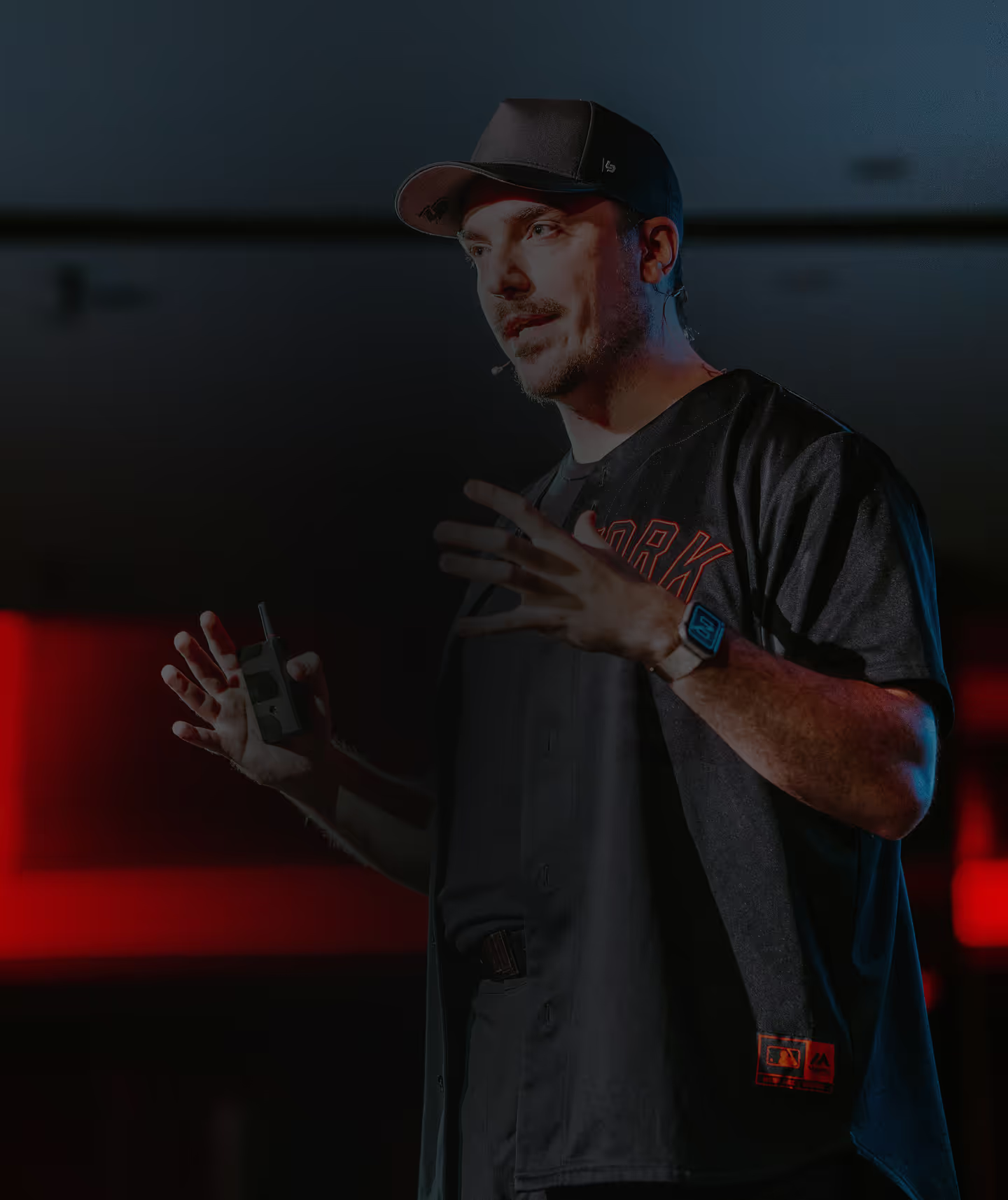
Enquire For Speaking

Let's Get You Branded
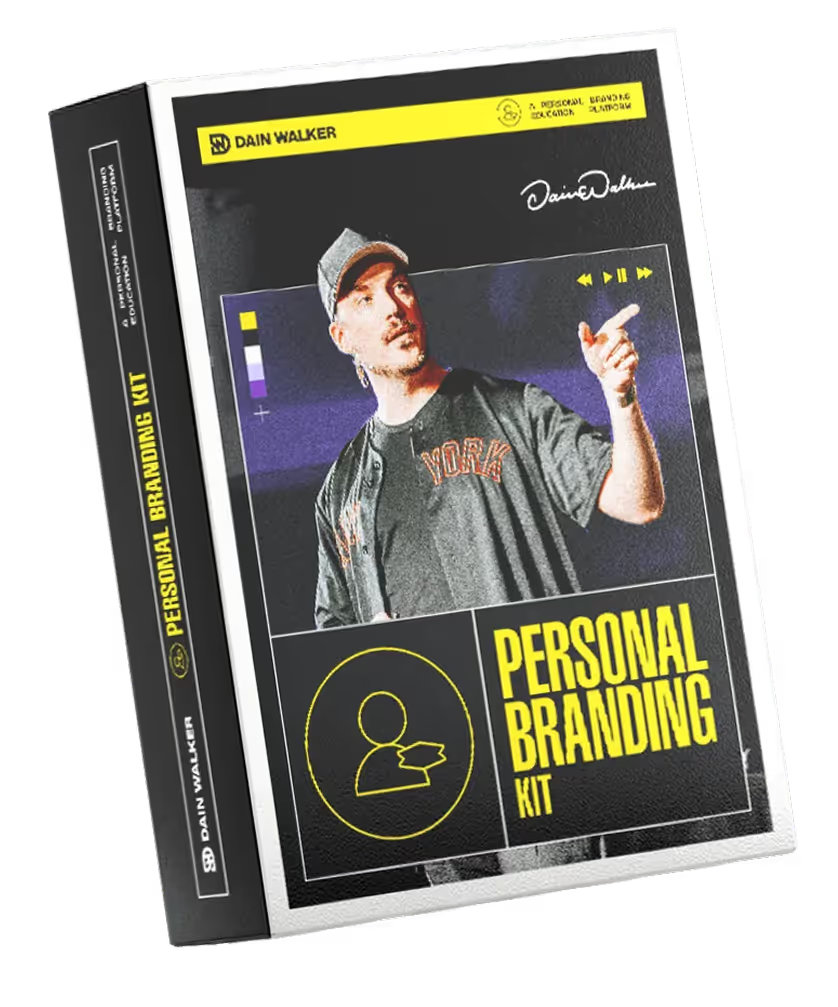
Apply to be a guest
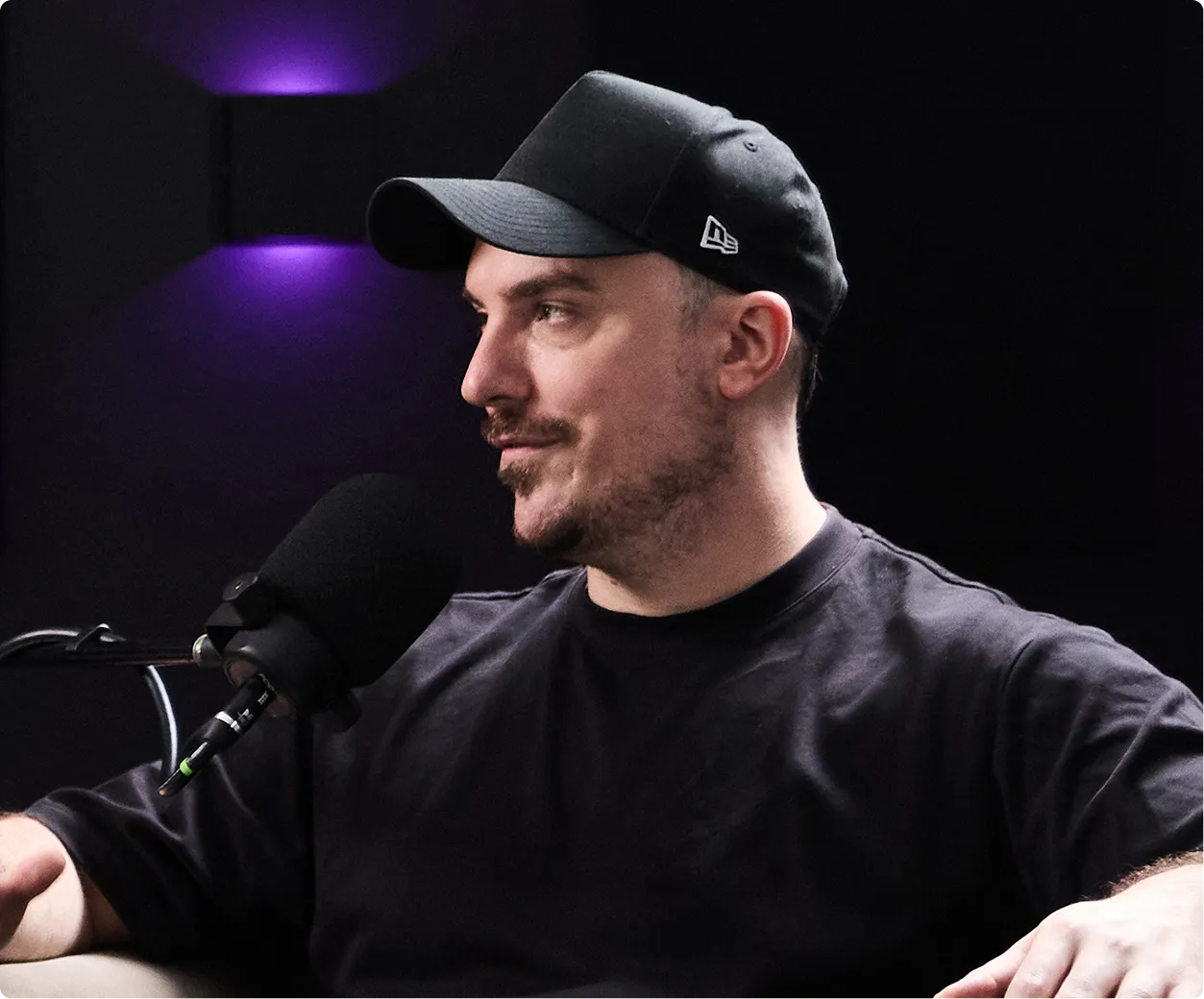
Dive into insights from industry leaders and experts.

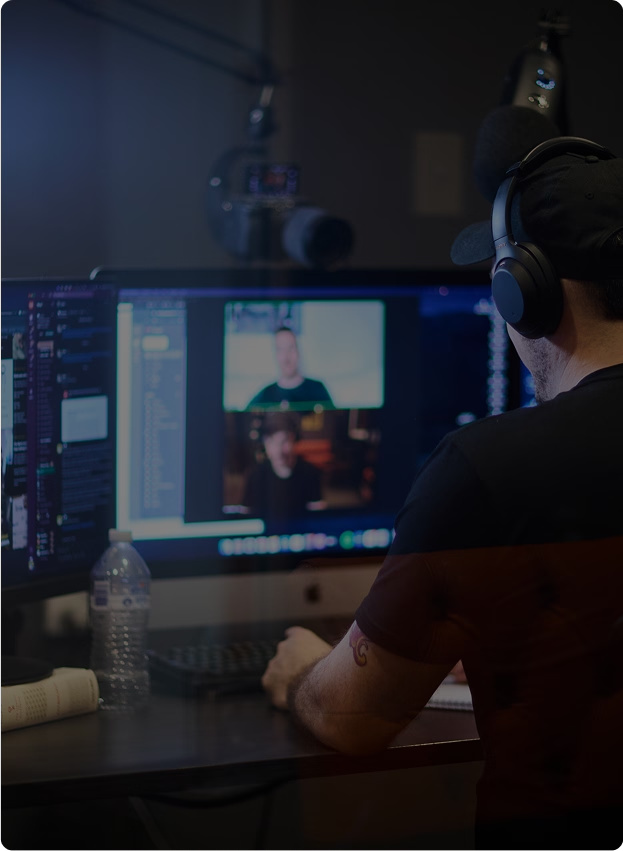
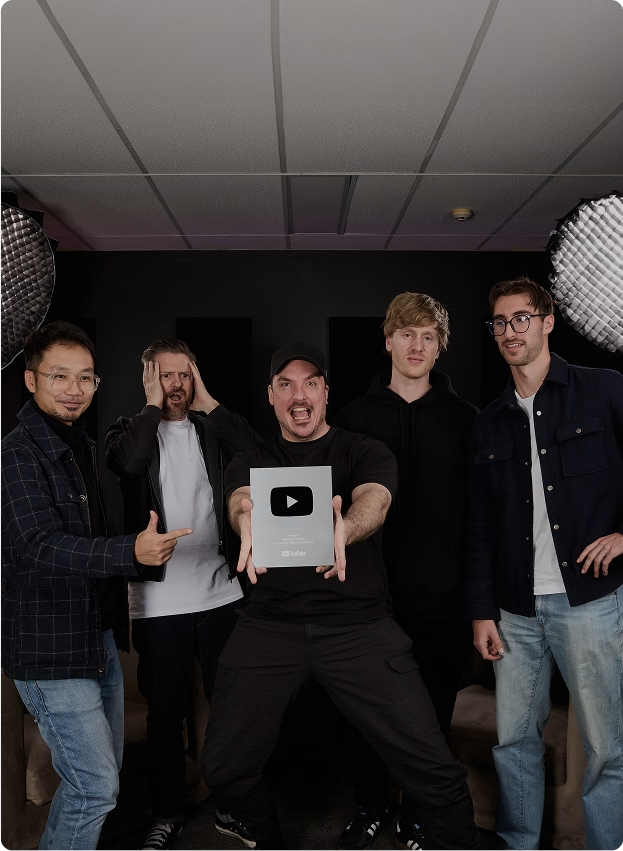

Stream now
Dive into expert advice and industry trends.
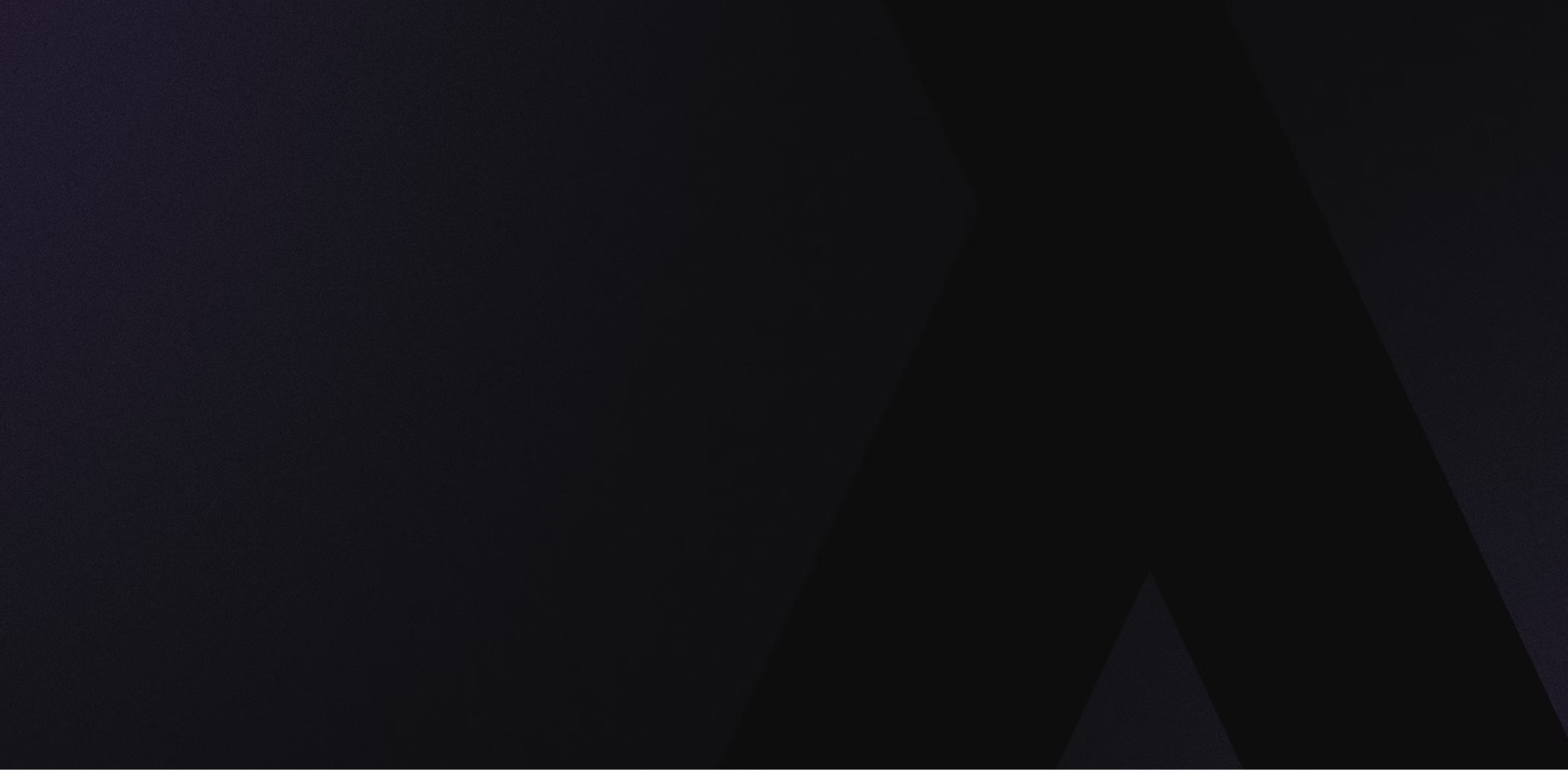

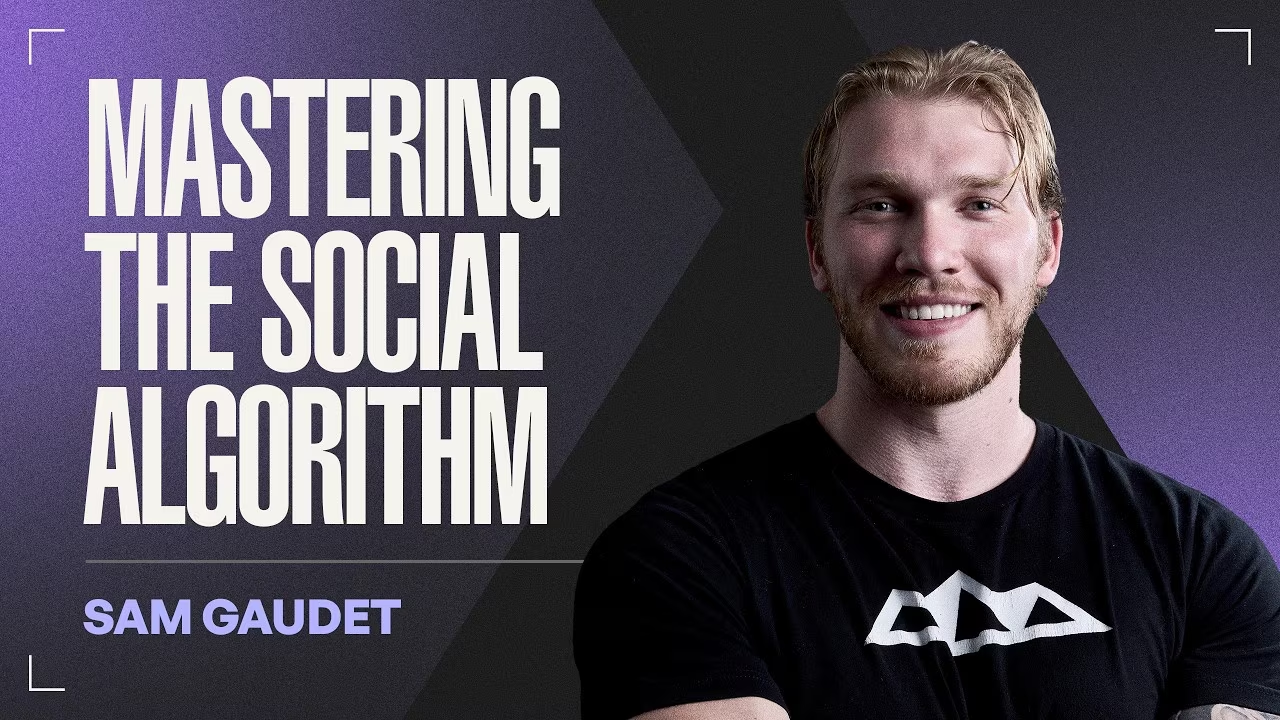
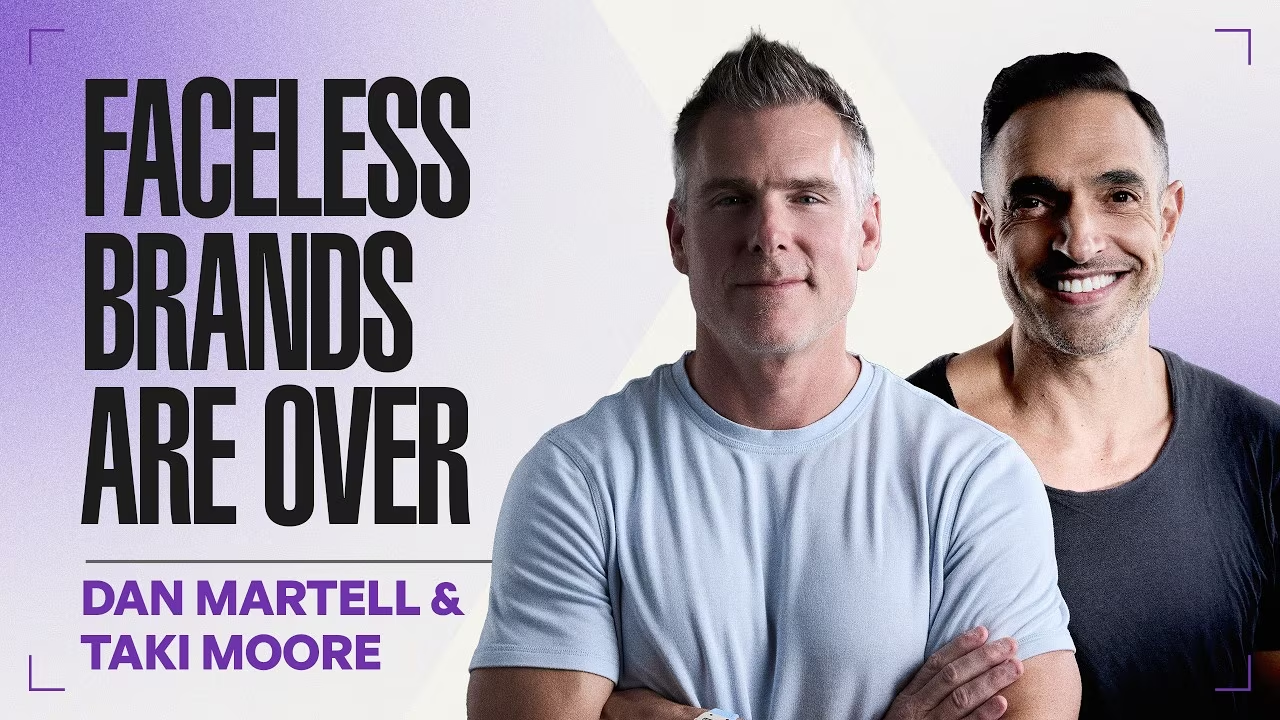
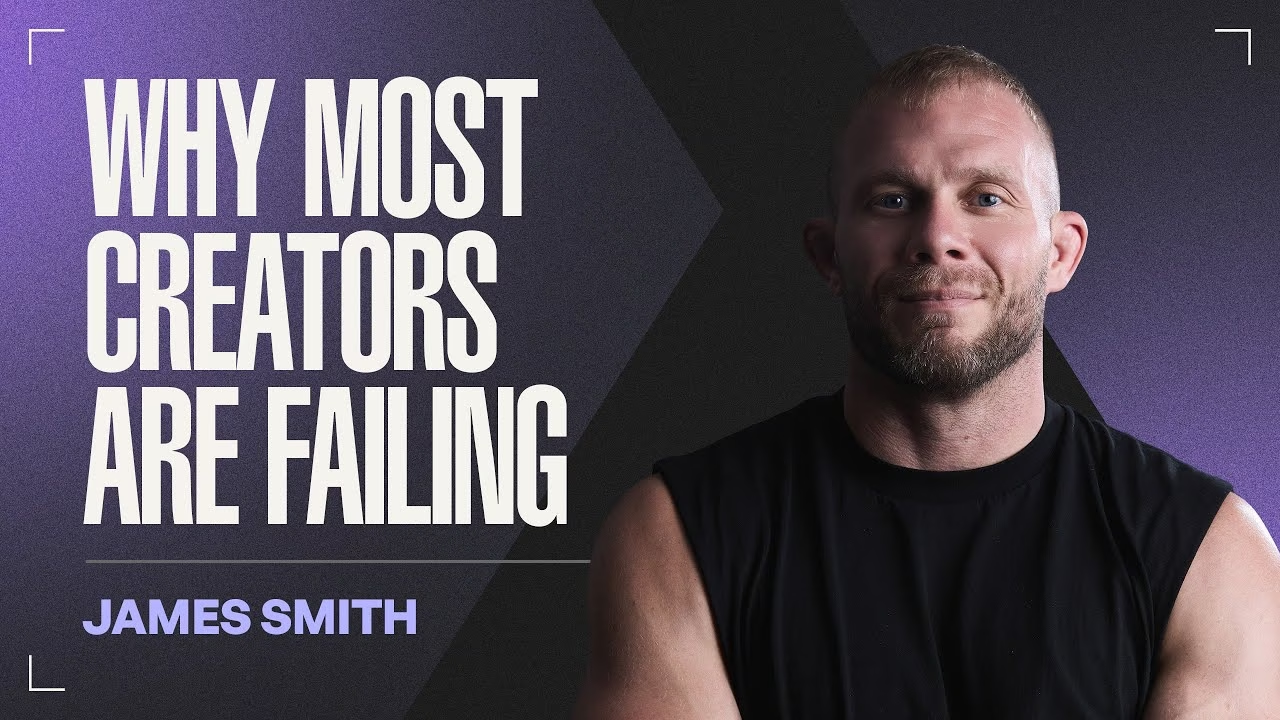
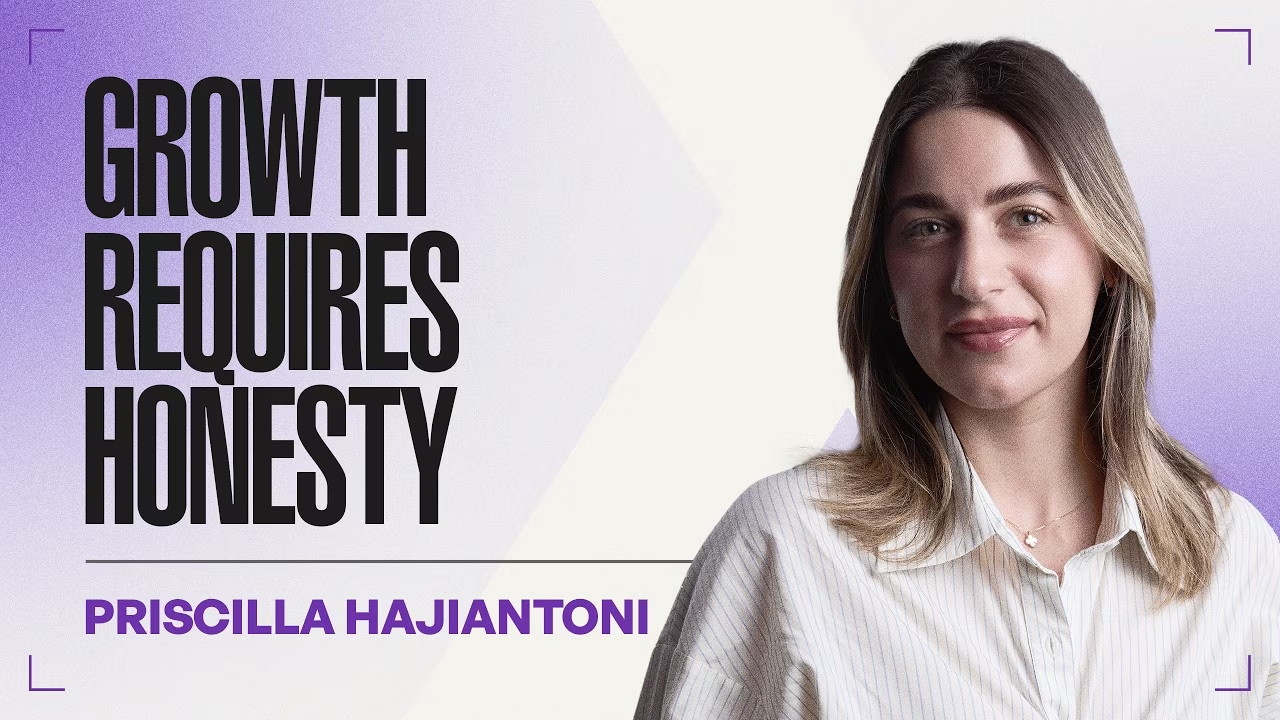
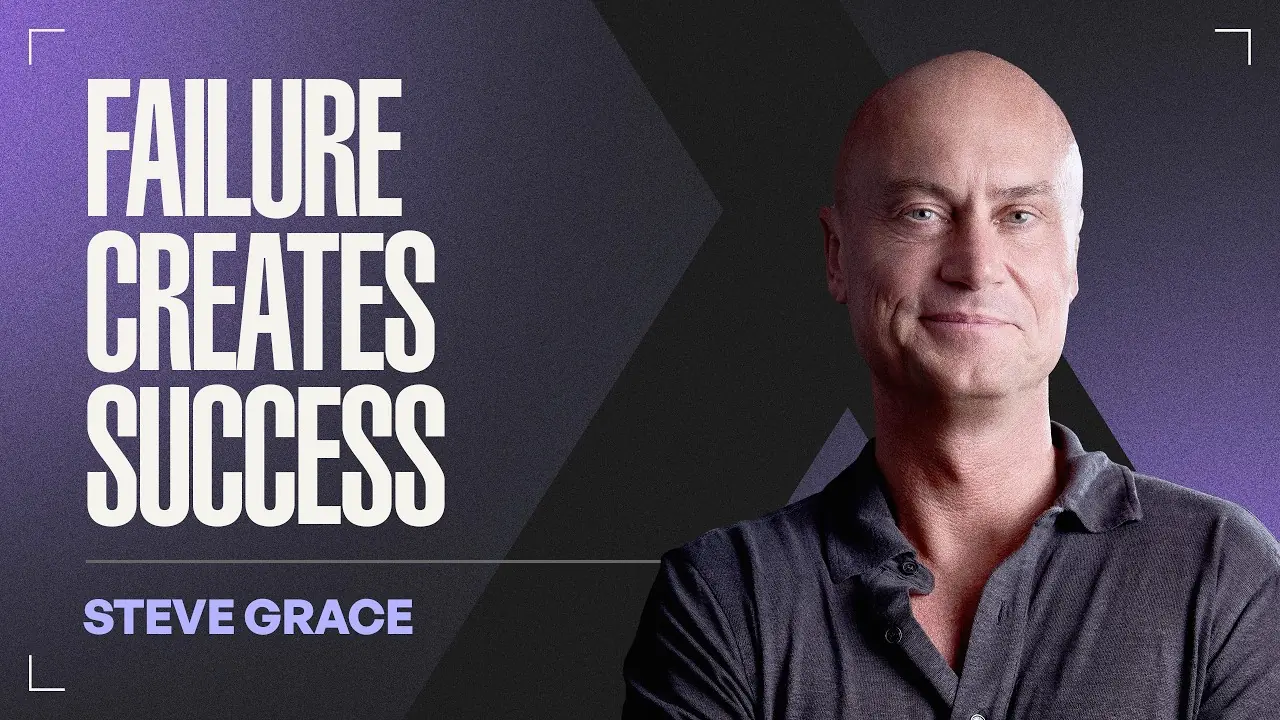
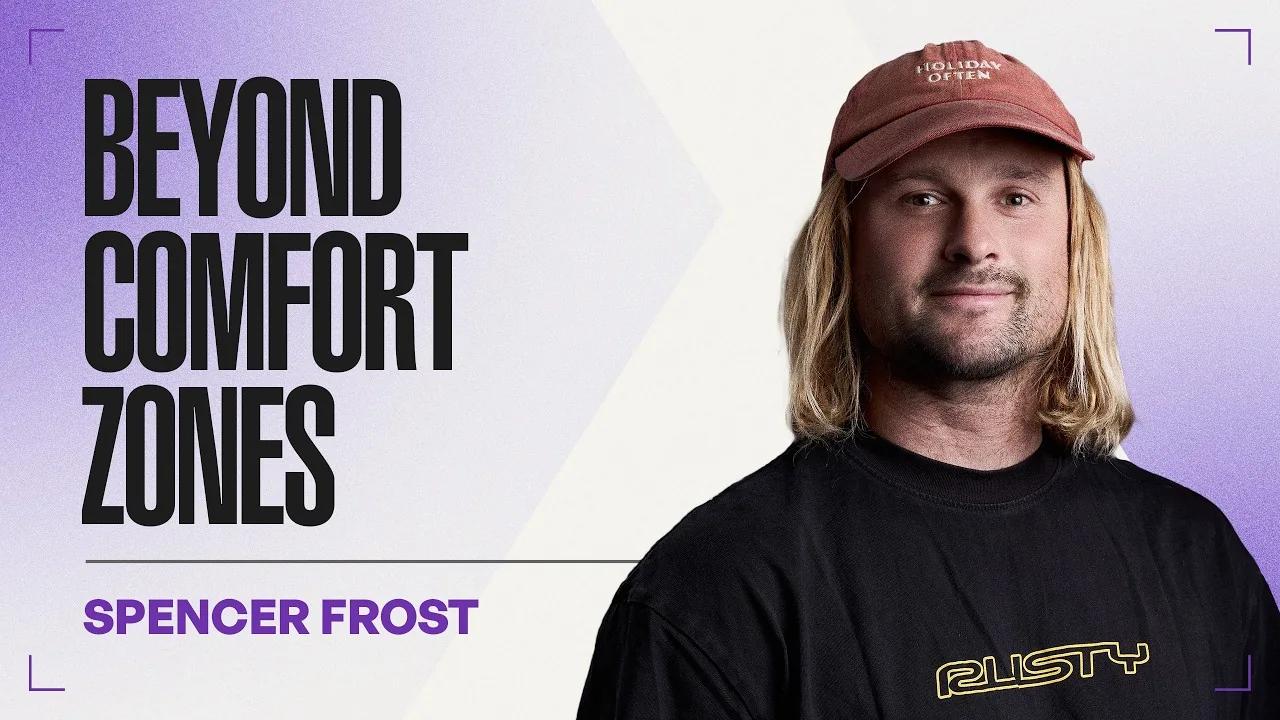
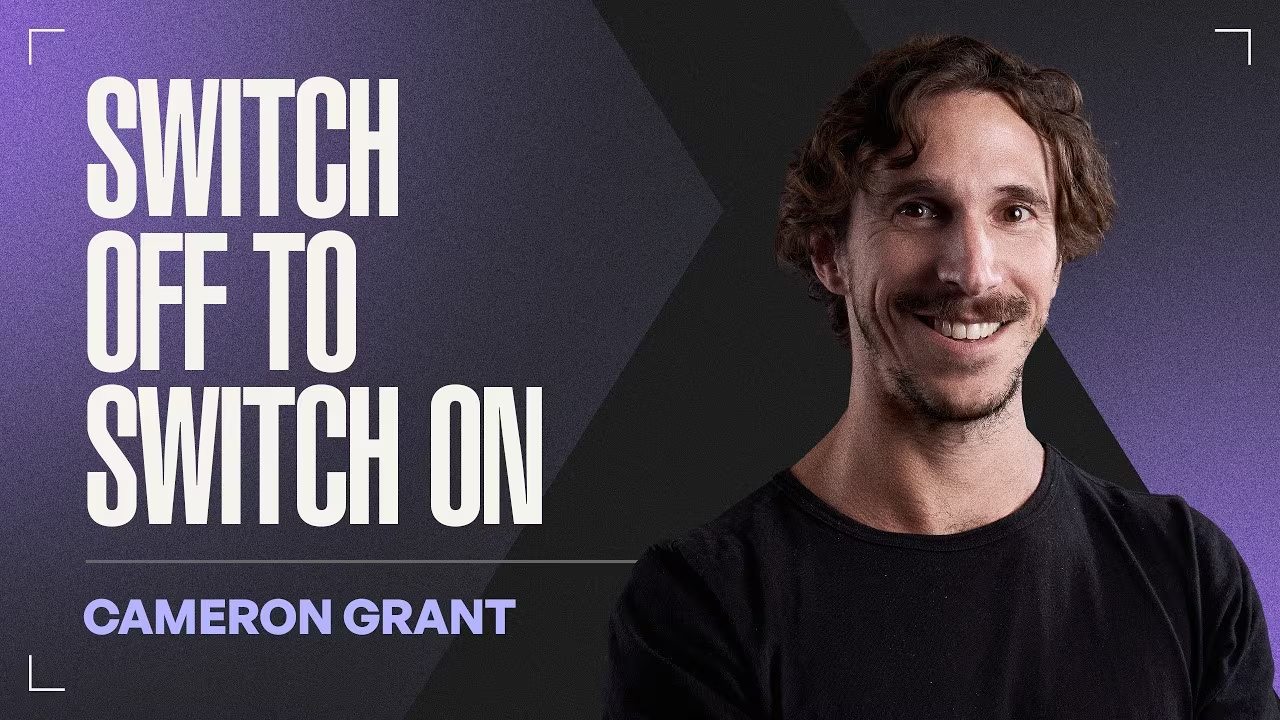
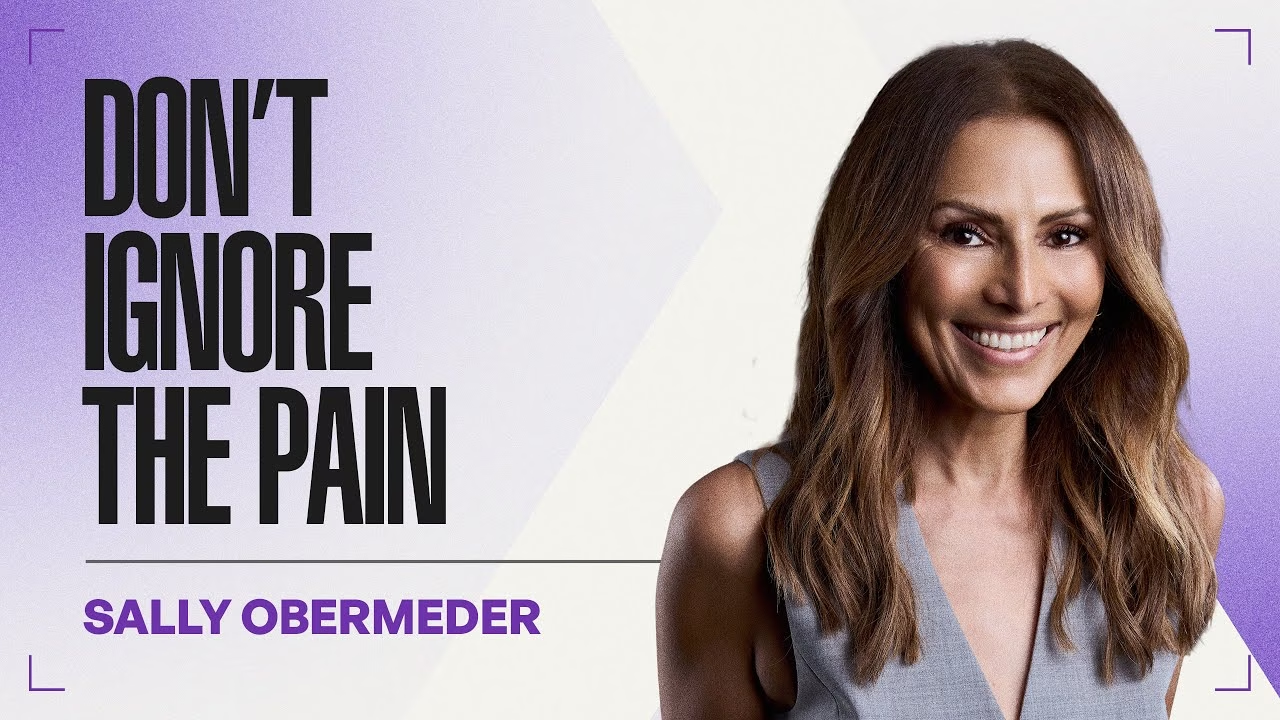

.avif)
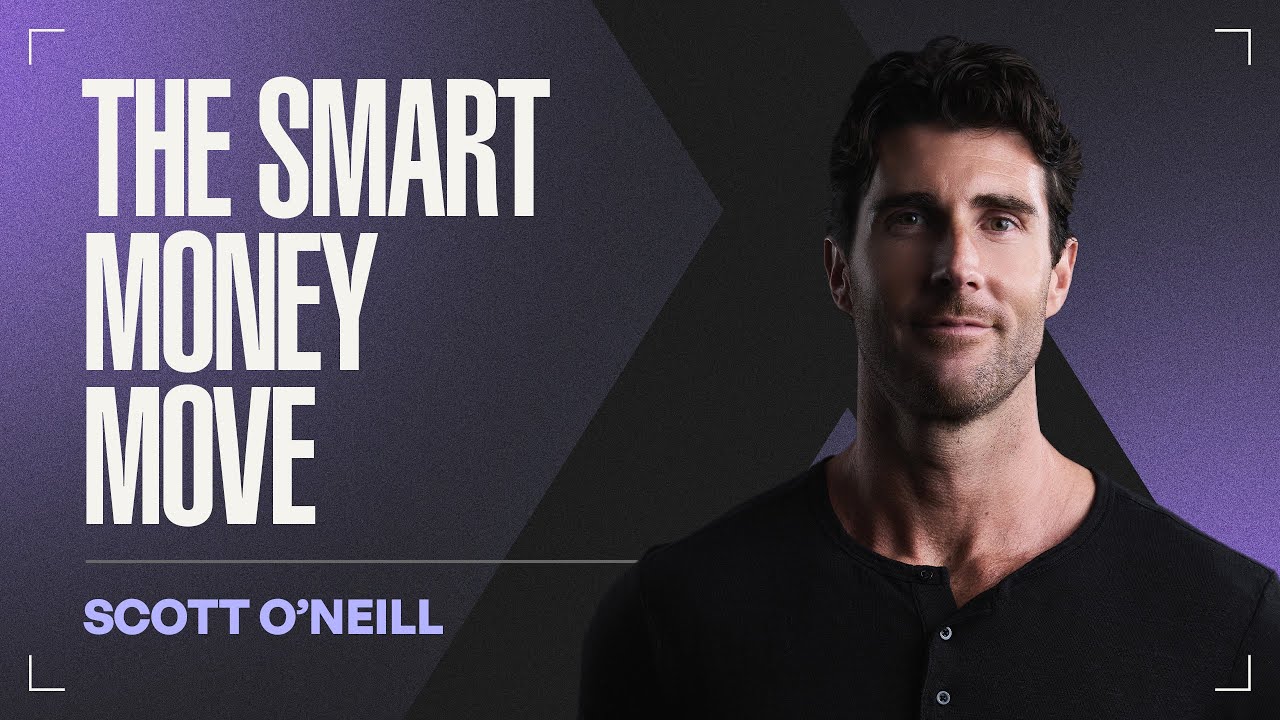
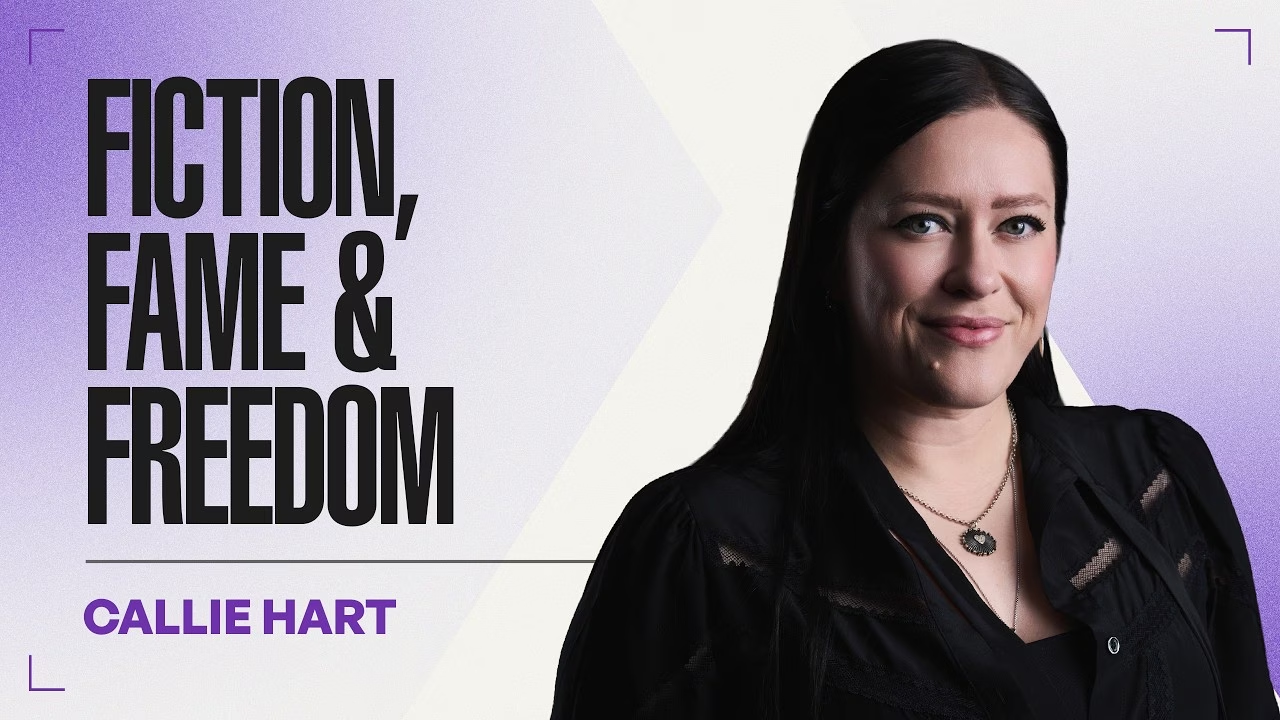

.avif)
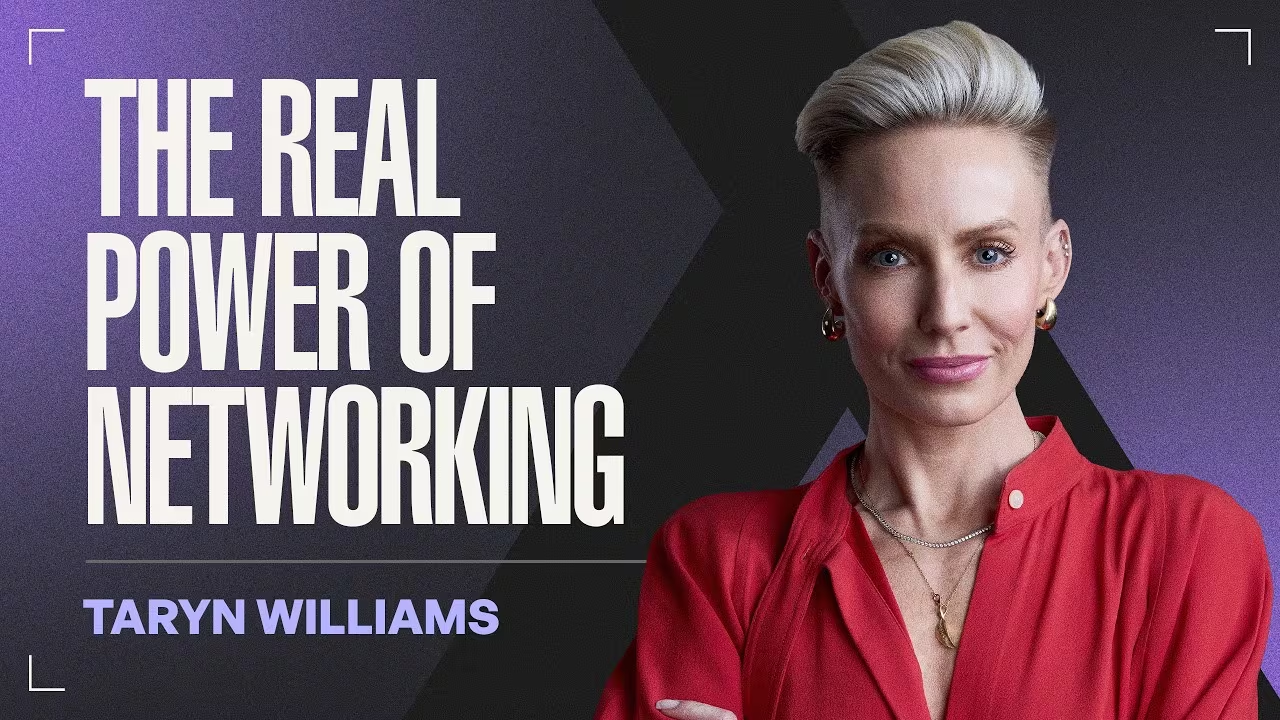

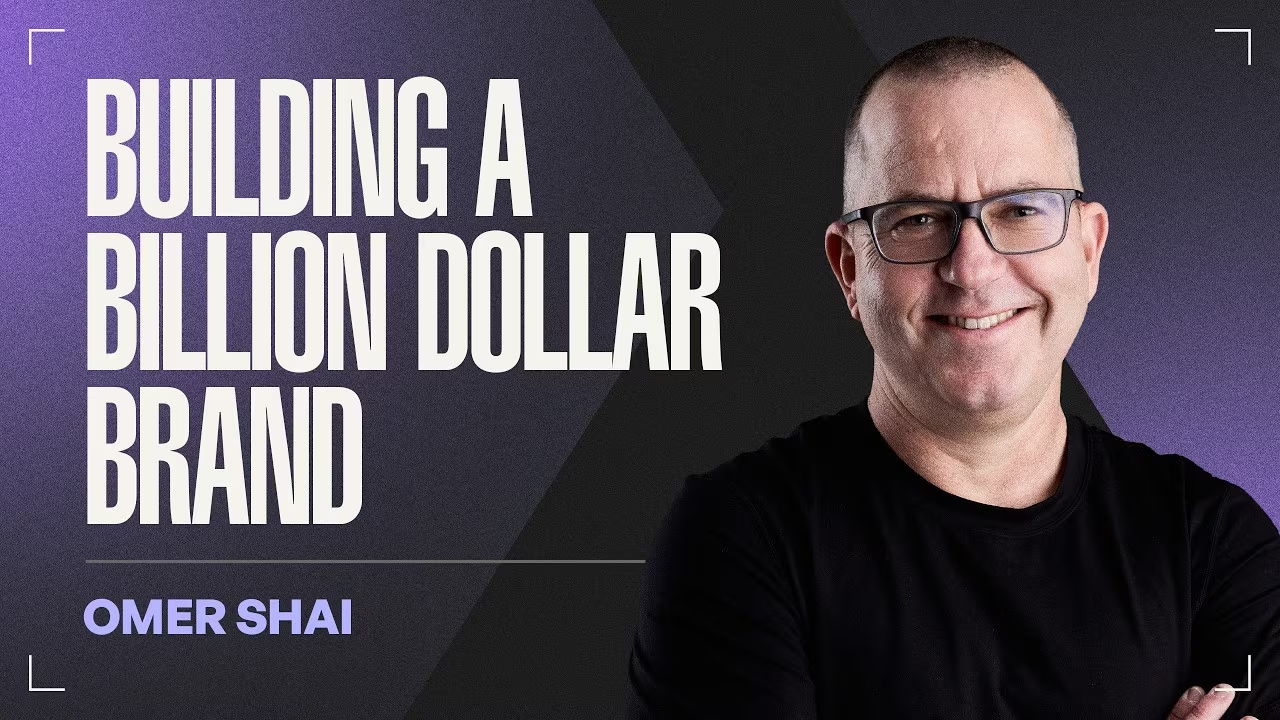
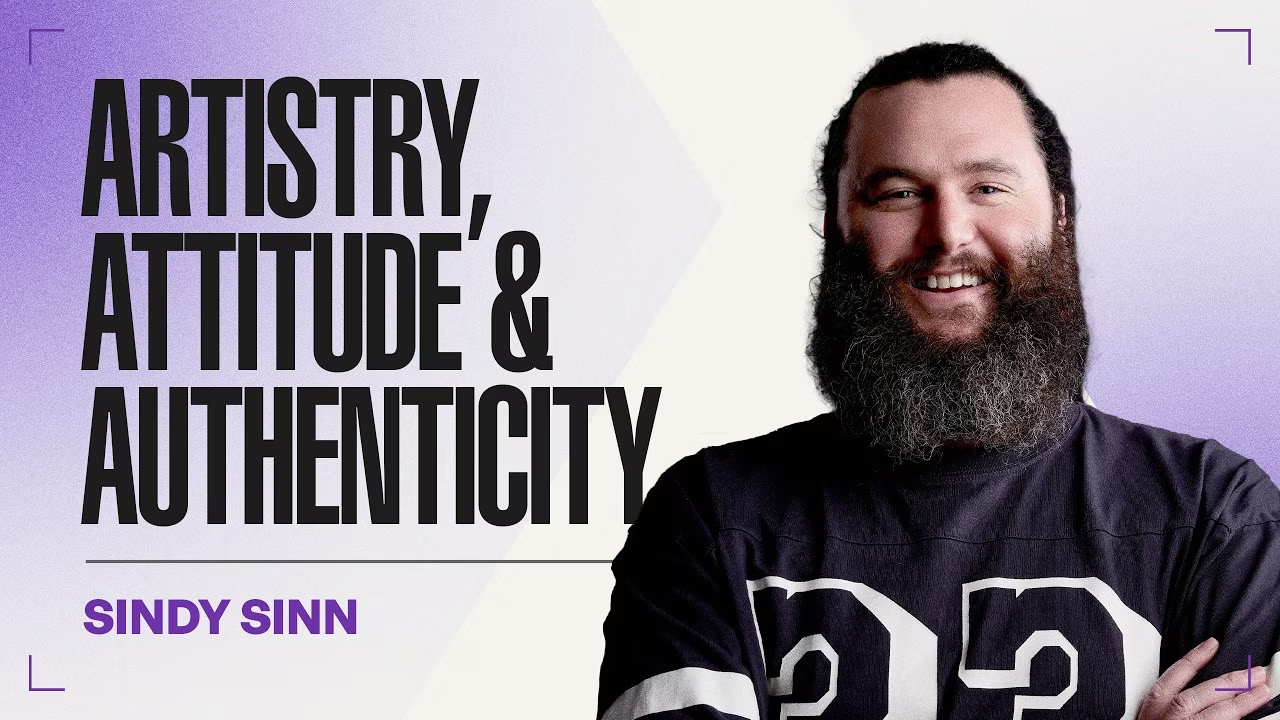
%20(1).avif)
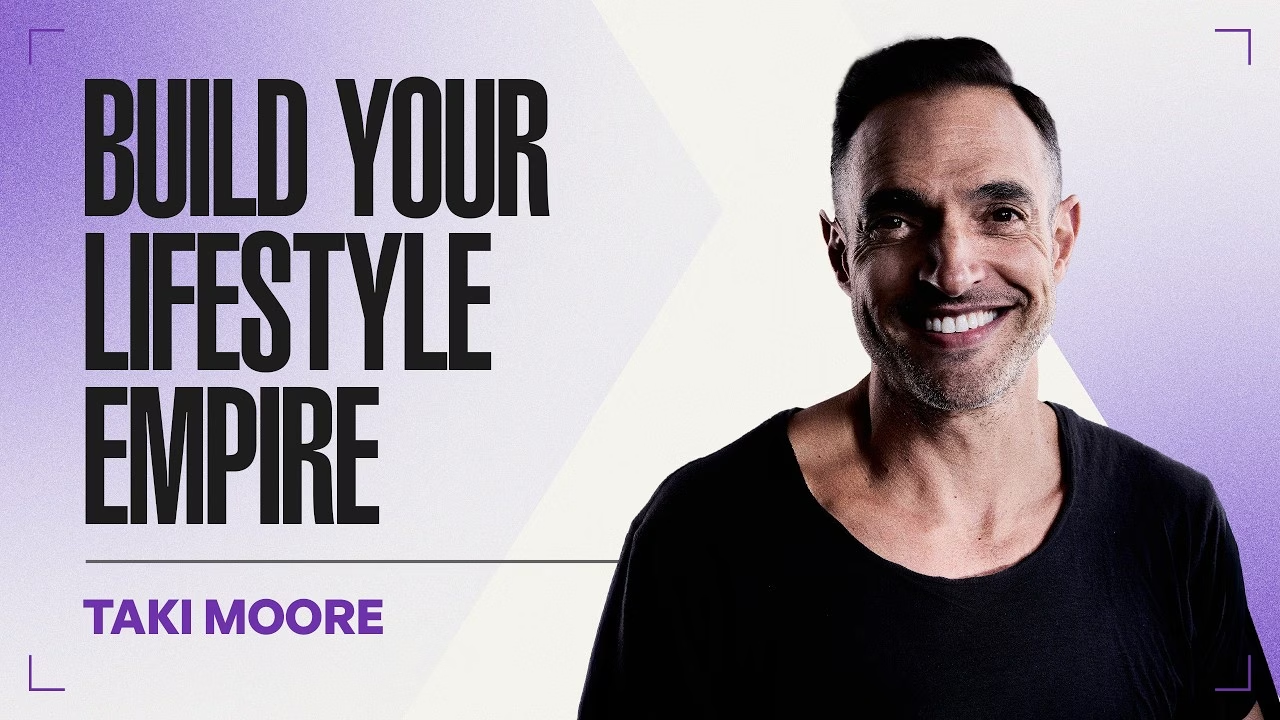
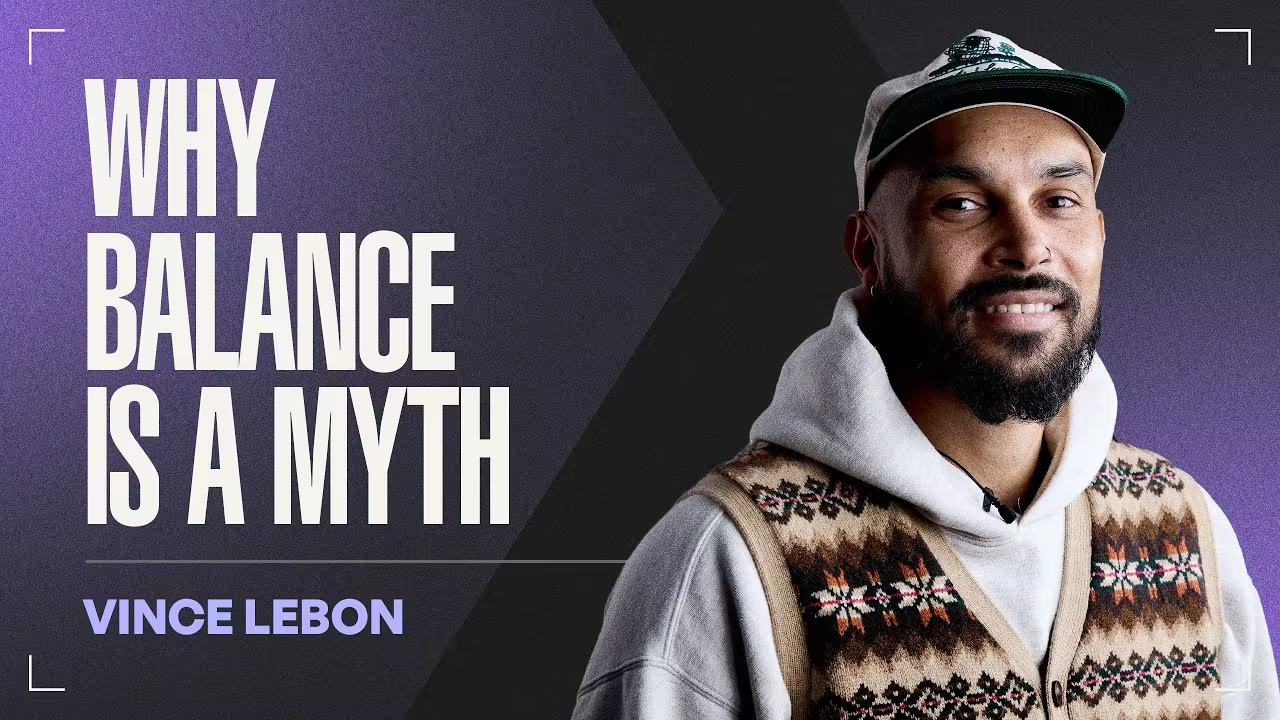

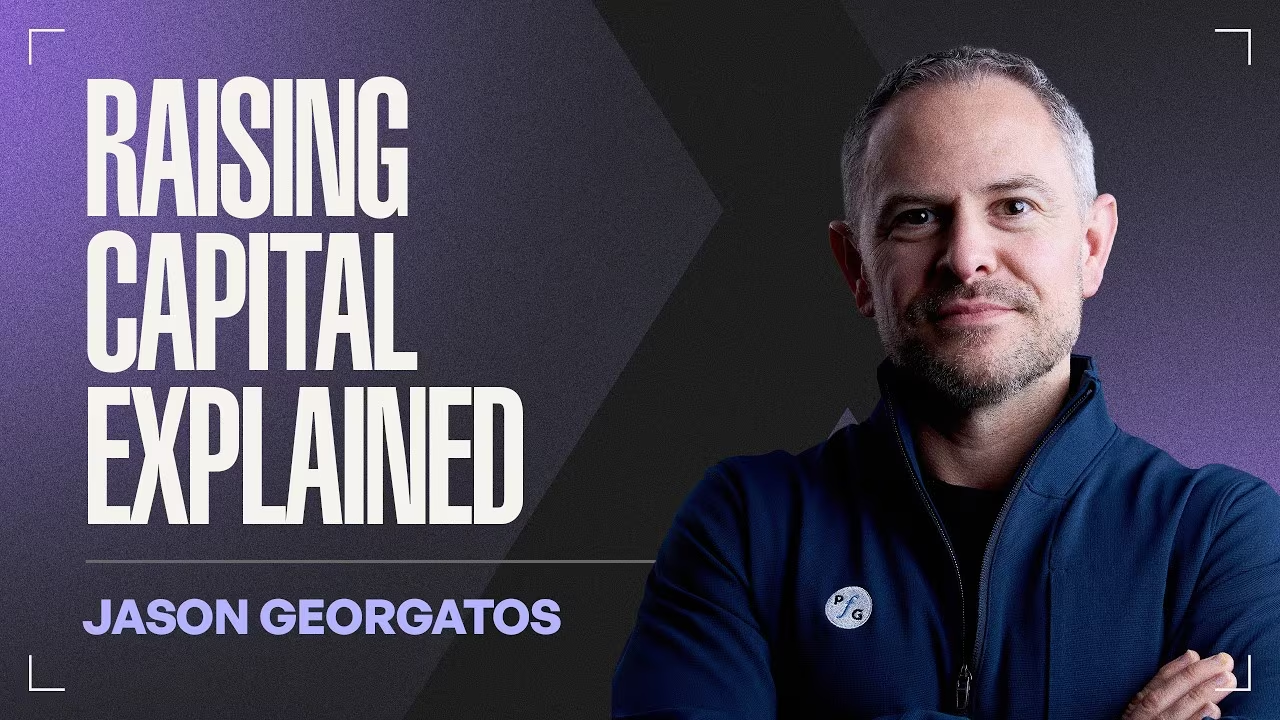
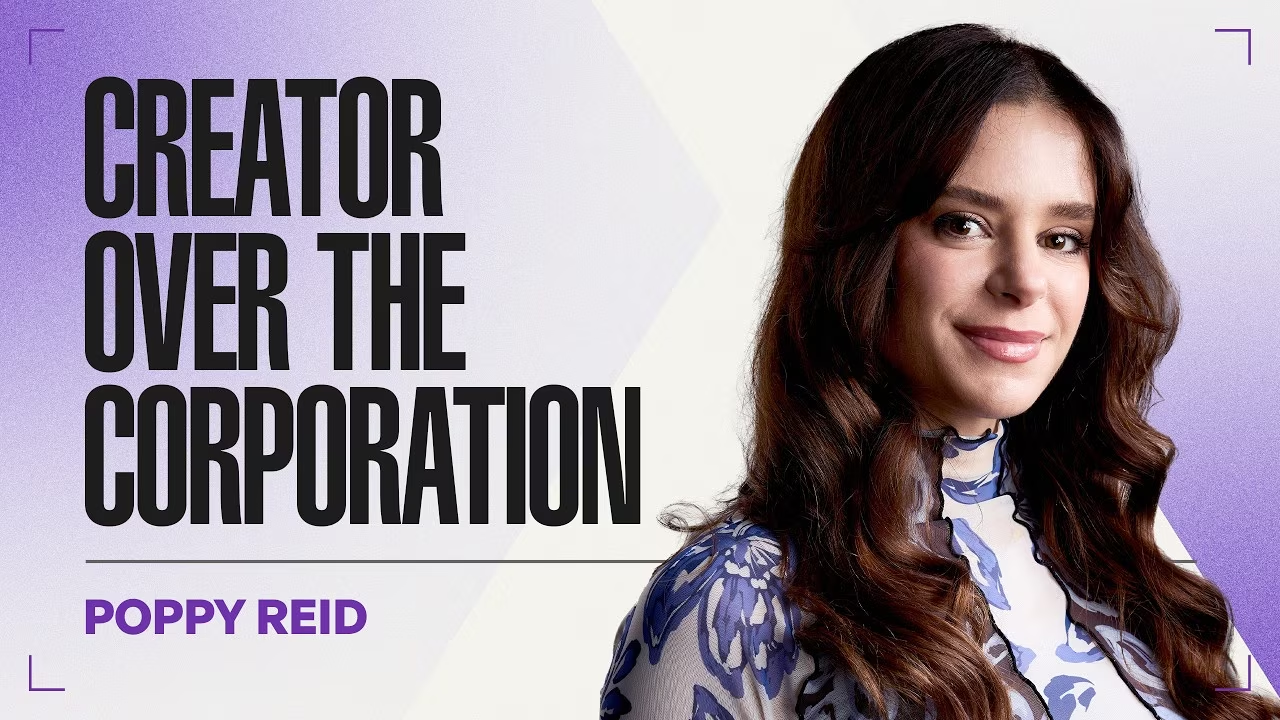
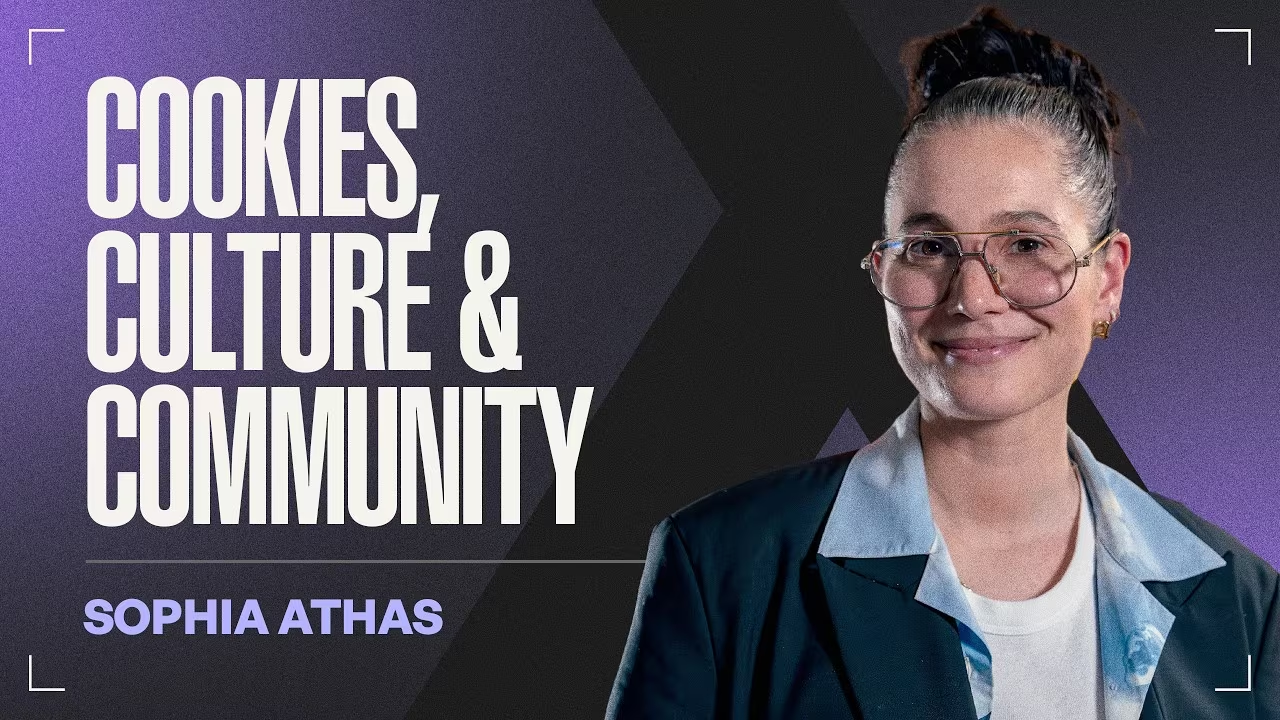

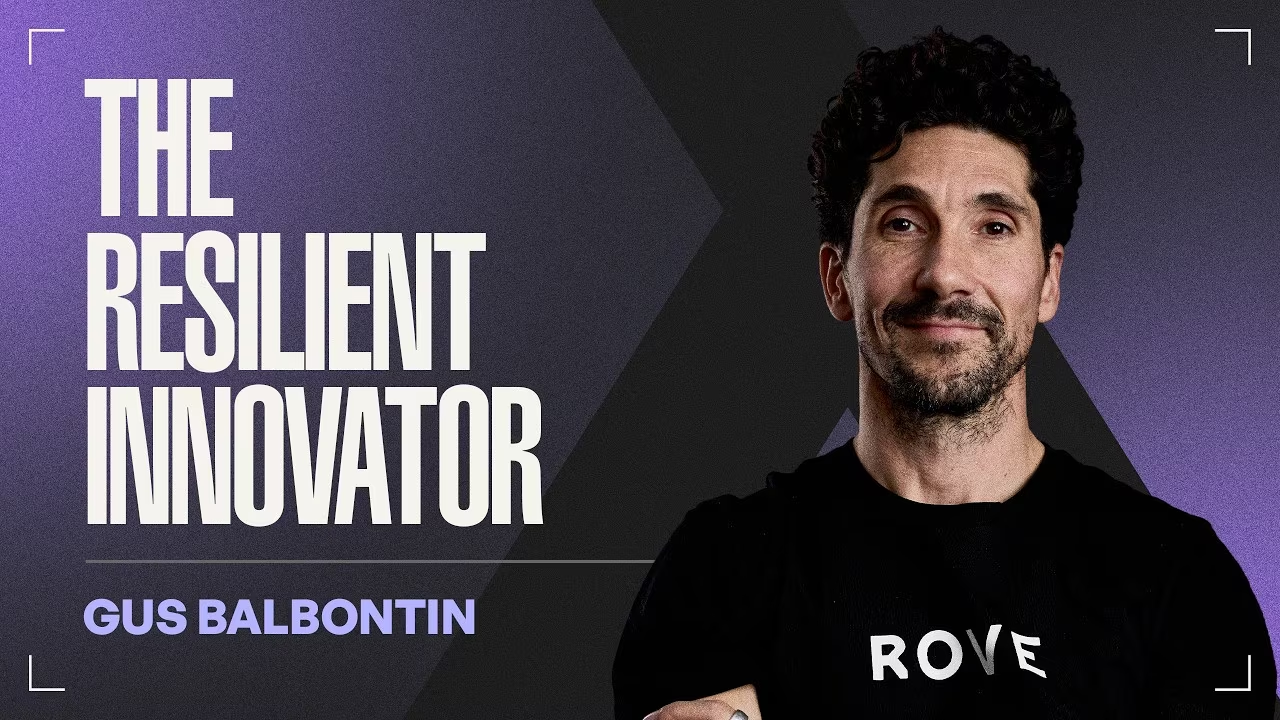
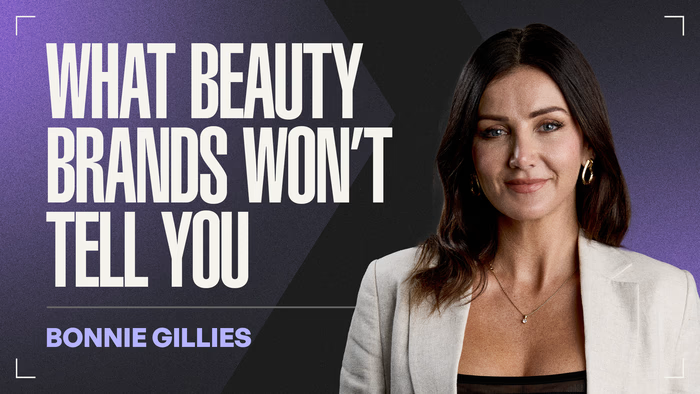


.avif)

